
REAP/SOW
FERNDispatches from the frontlines of food, farming, and the environment. From the Food & Environment Reporting Network, the producers of Hot Farm, REAP/SOW brings you narrative and investigative reporting that examines the consequences of what we choose to eat and why. Currently featuring BUZZKILL, a six-part series on the pollinator crisis
Dispatches from the frontlines of food, farming, and the environment. From the Food & Environment Reporting Network, the producers of Hot Farm, REAP/SOW brings you narrative and investigative reporting that examines the consequences of what we choose to eat and why. Currently featuring BUZZKILL, a six-part series on the pollinator crisis
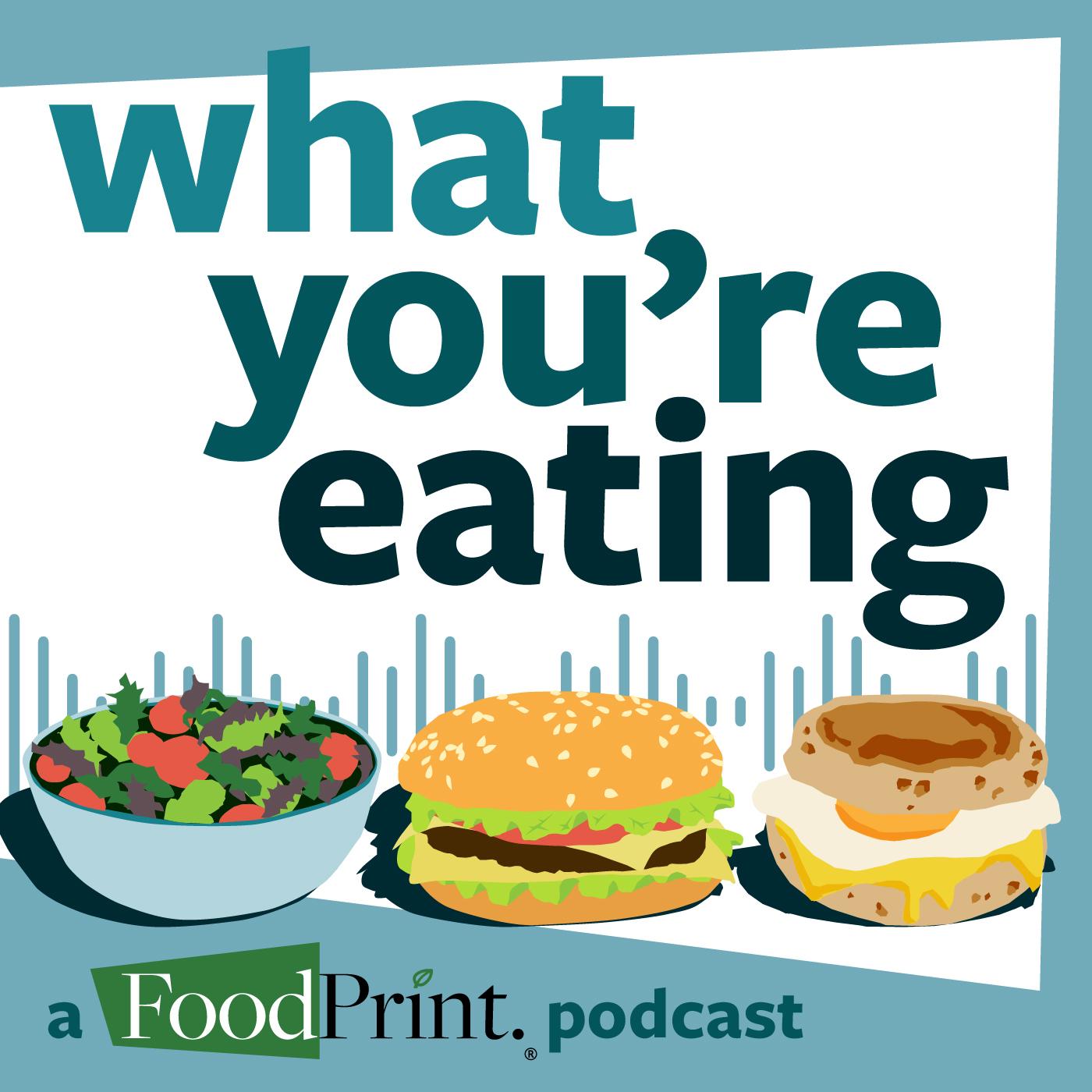
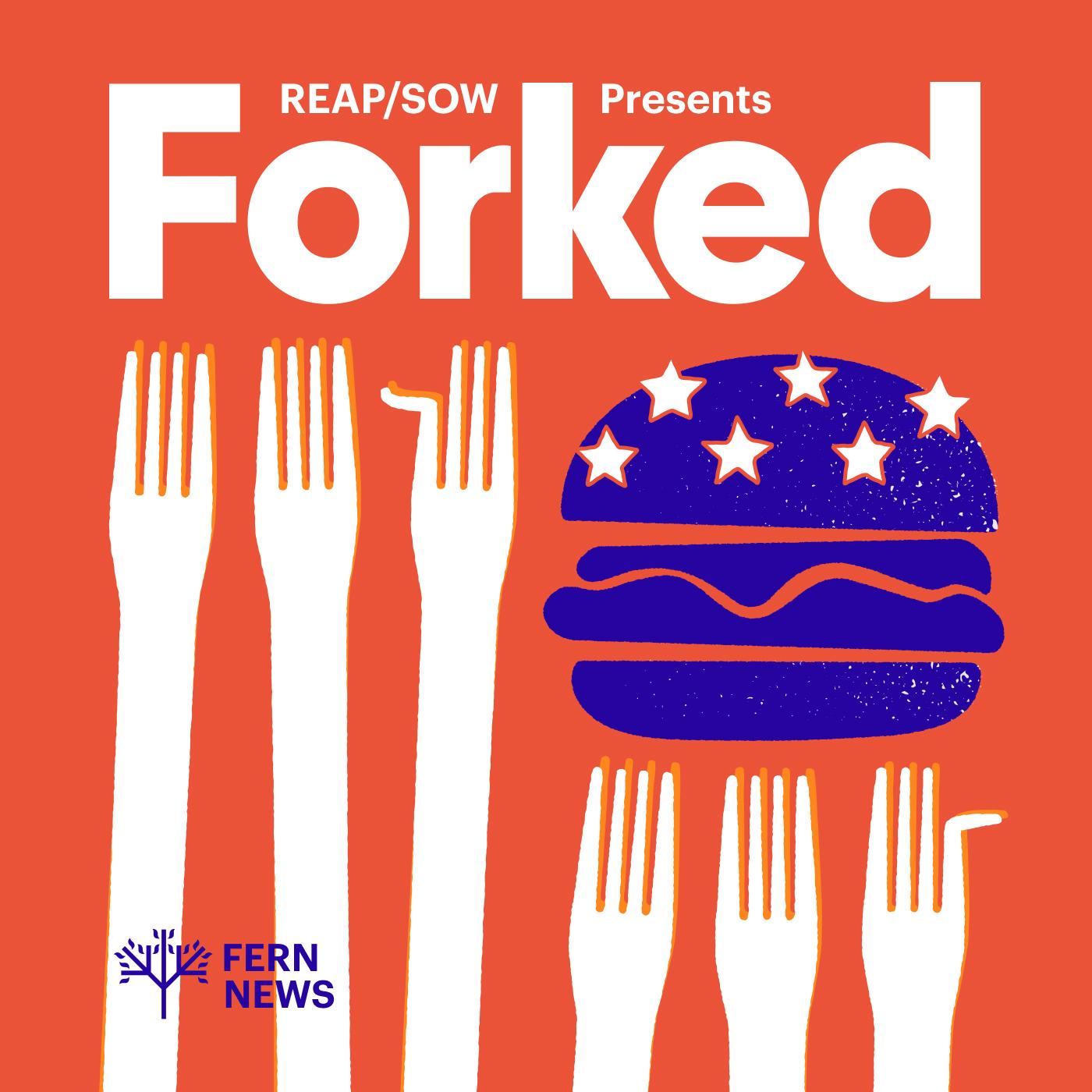
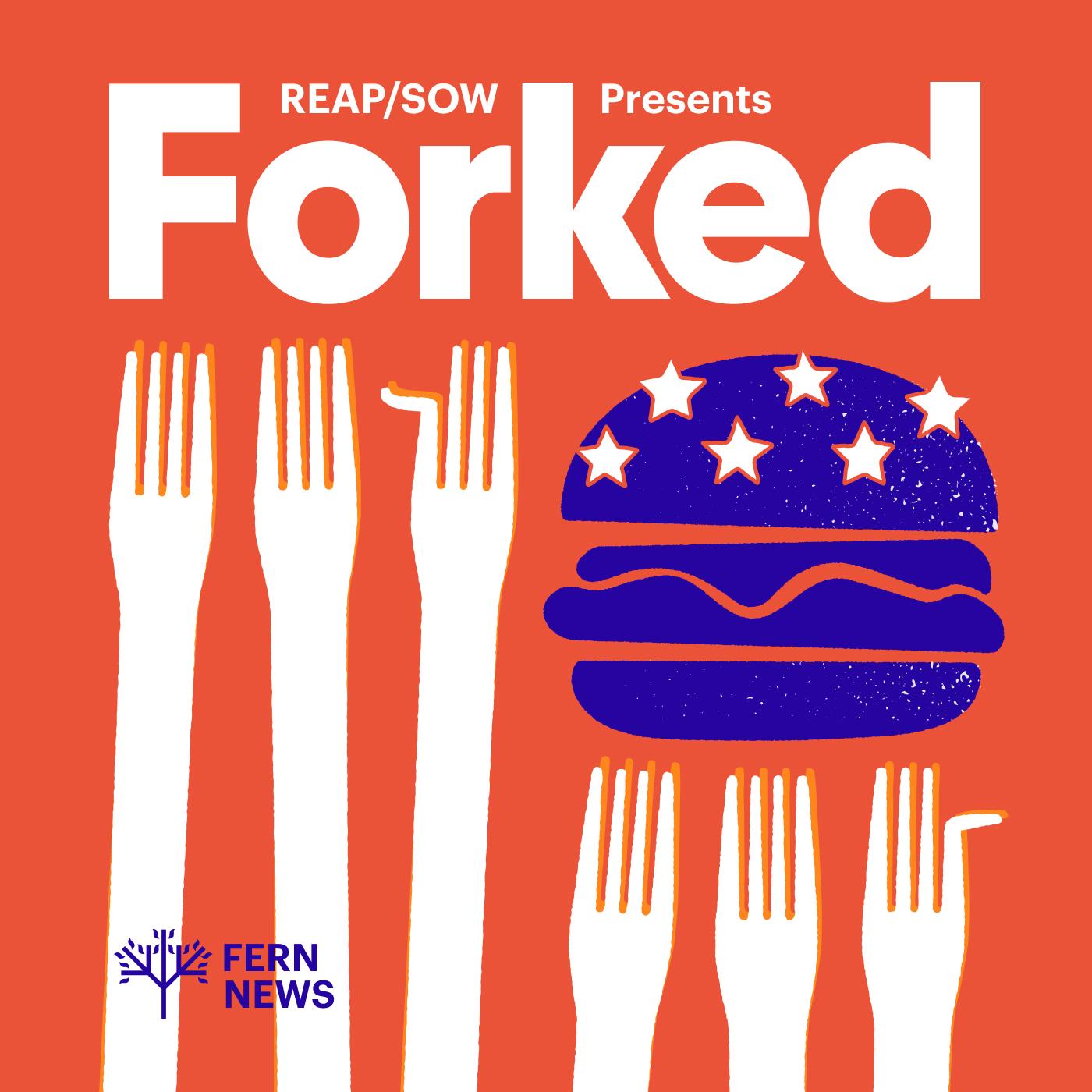
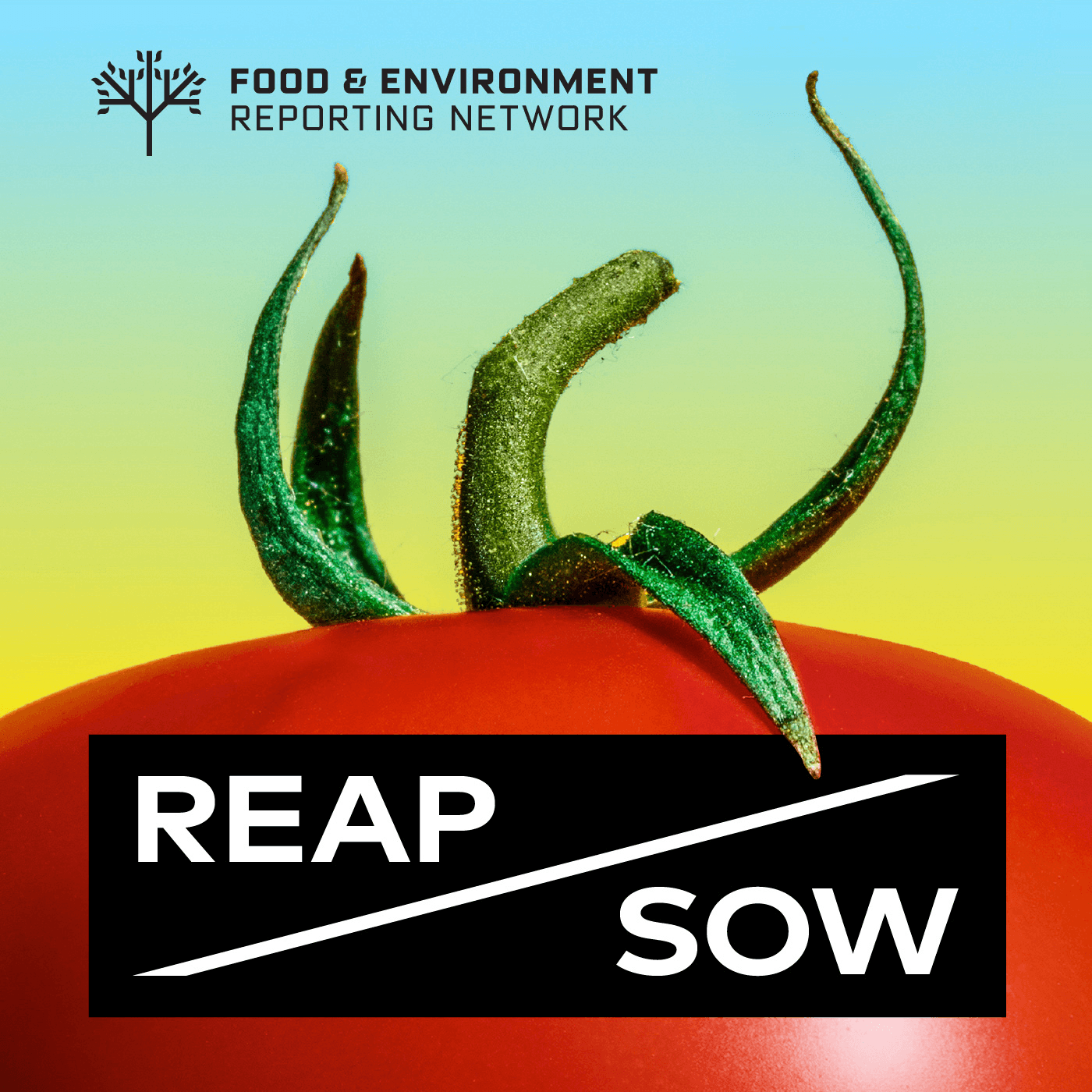
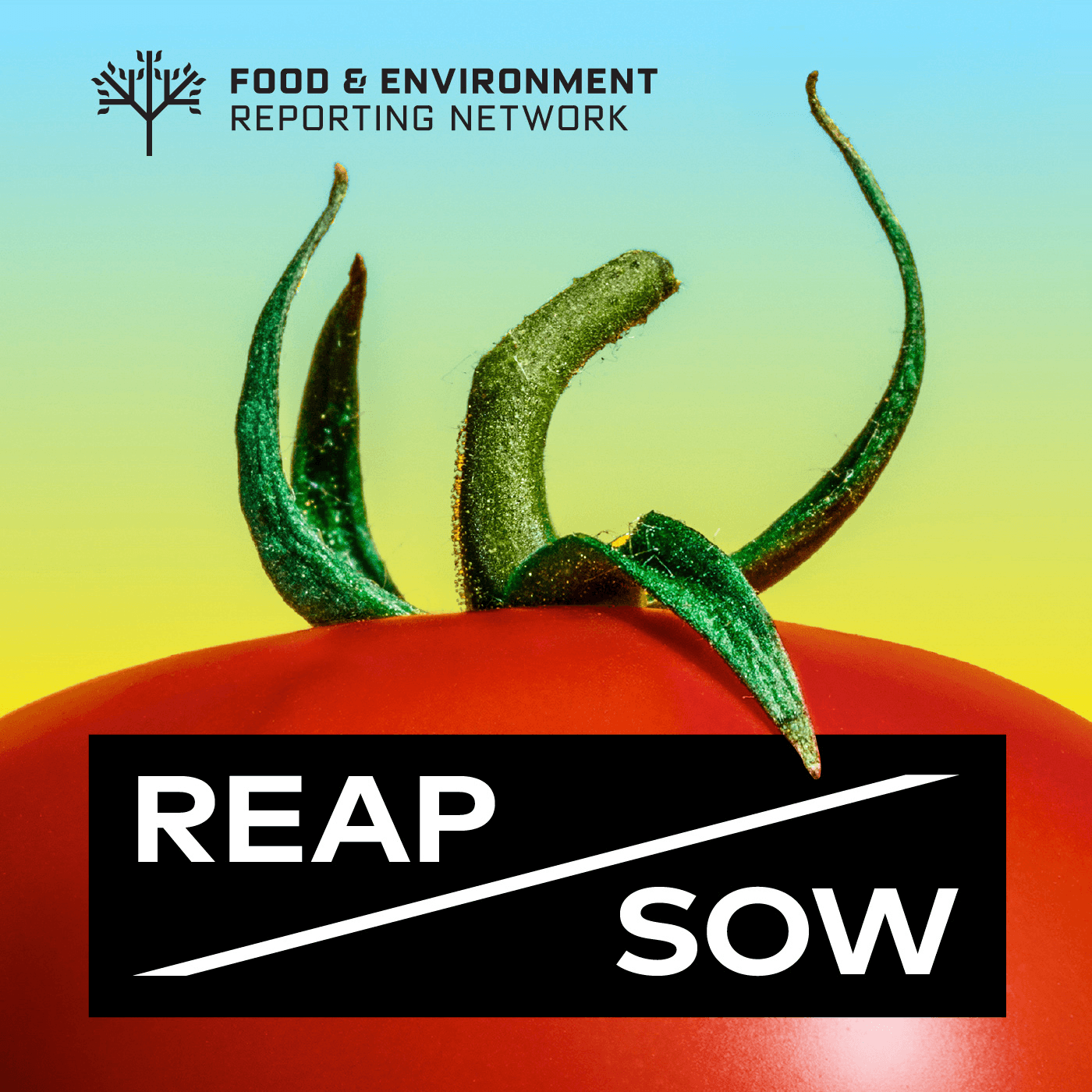
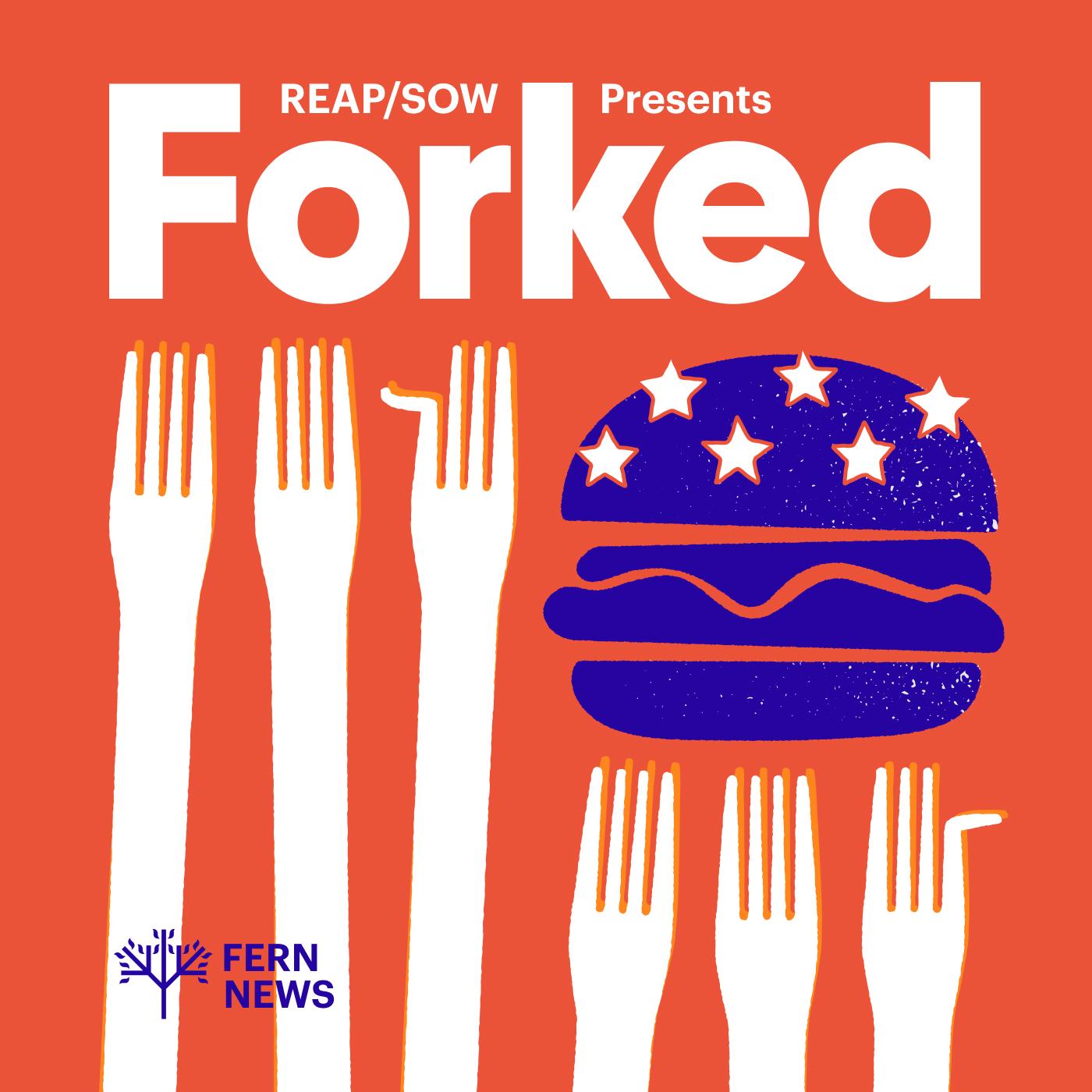
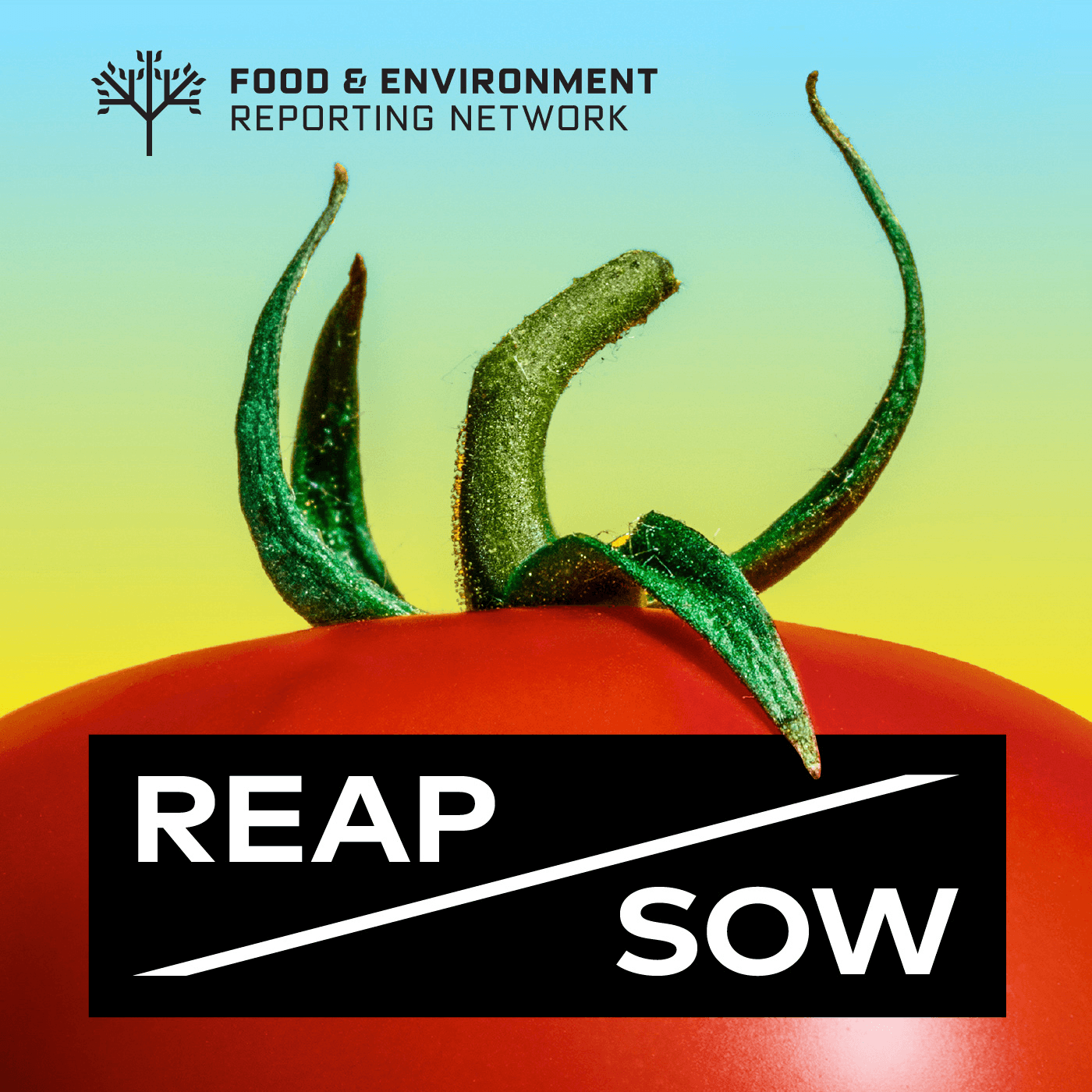
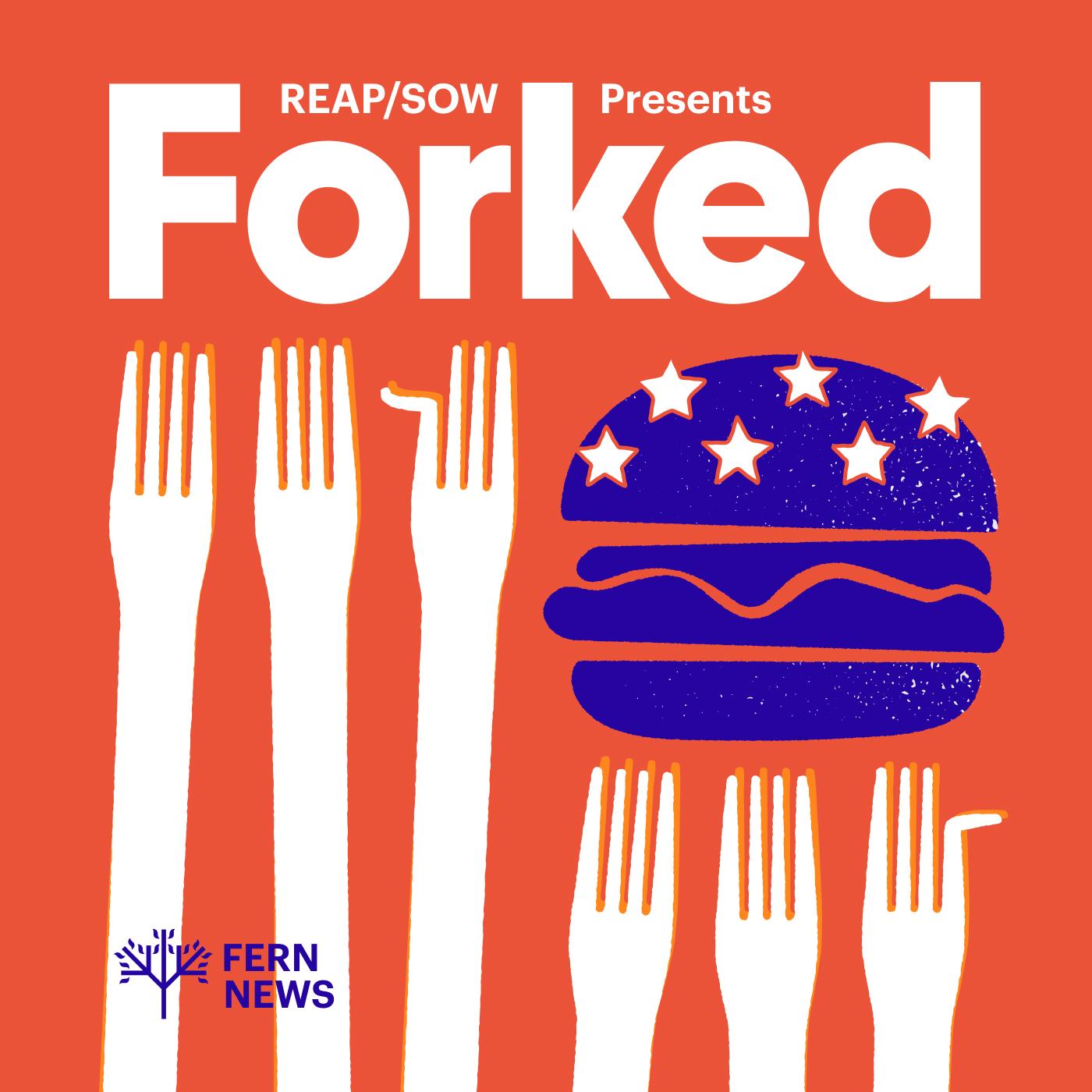
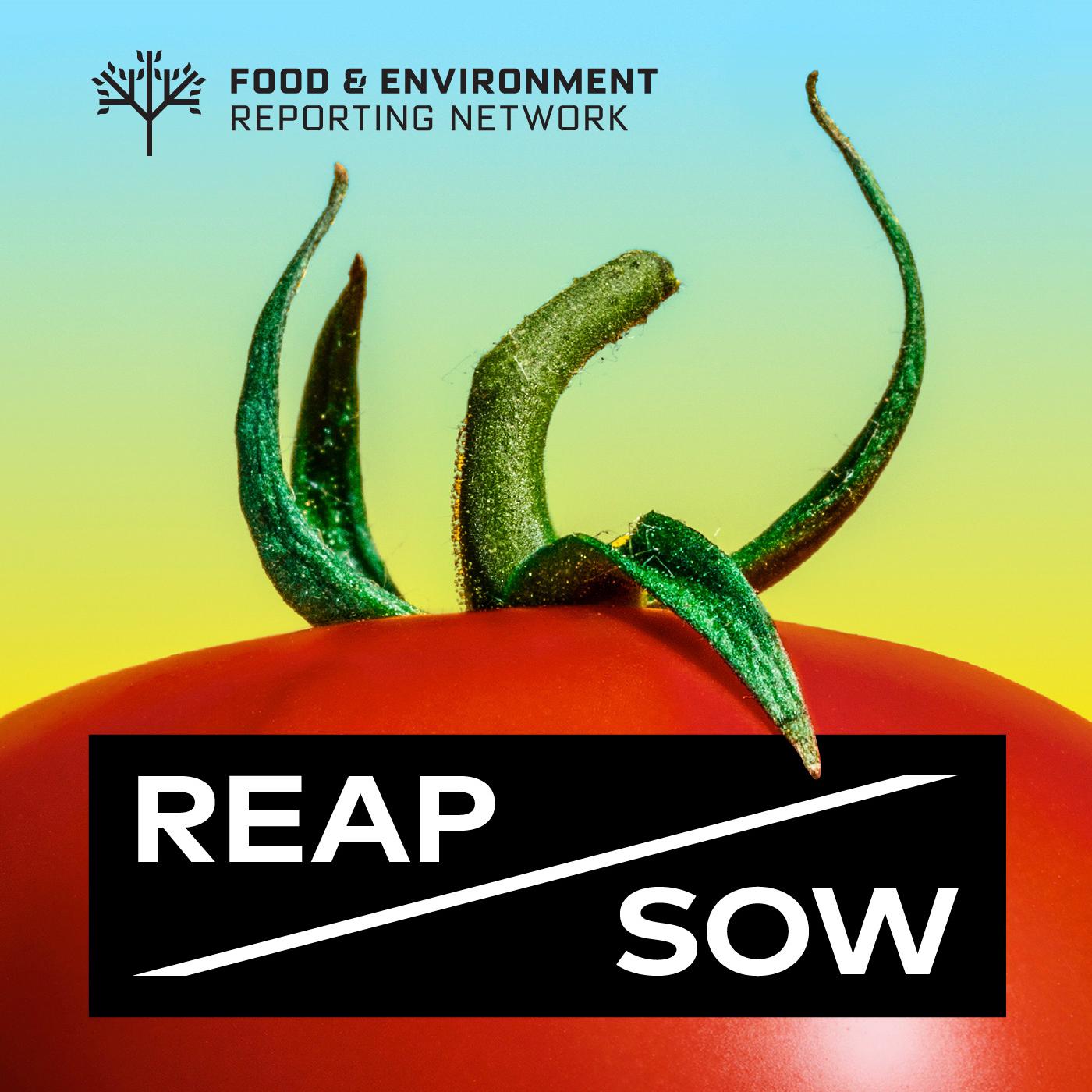
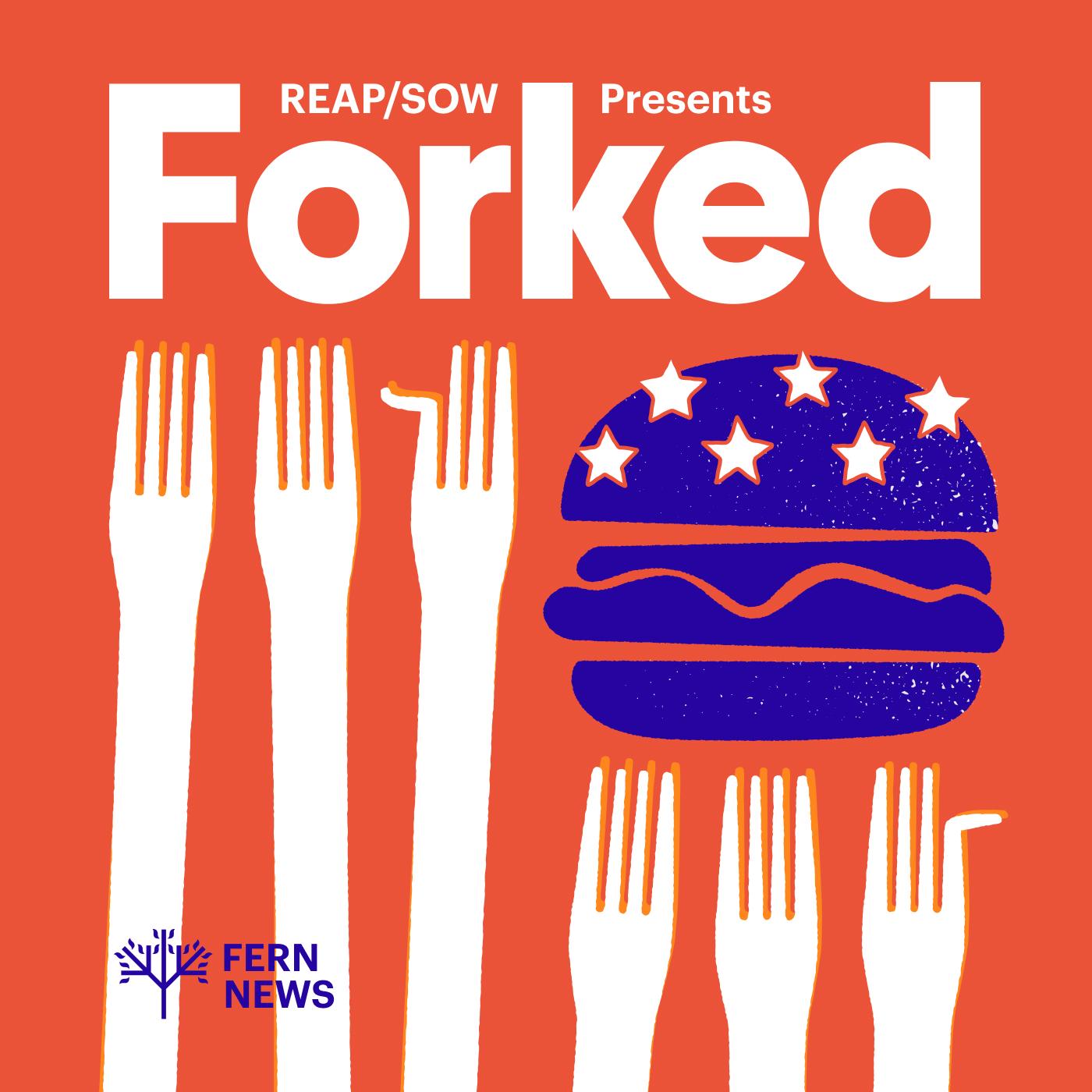
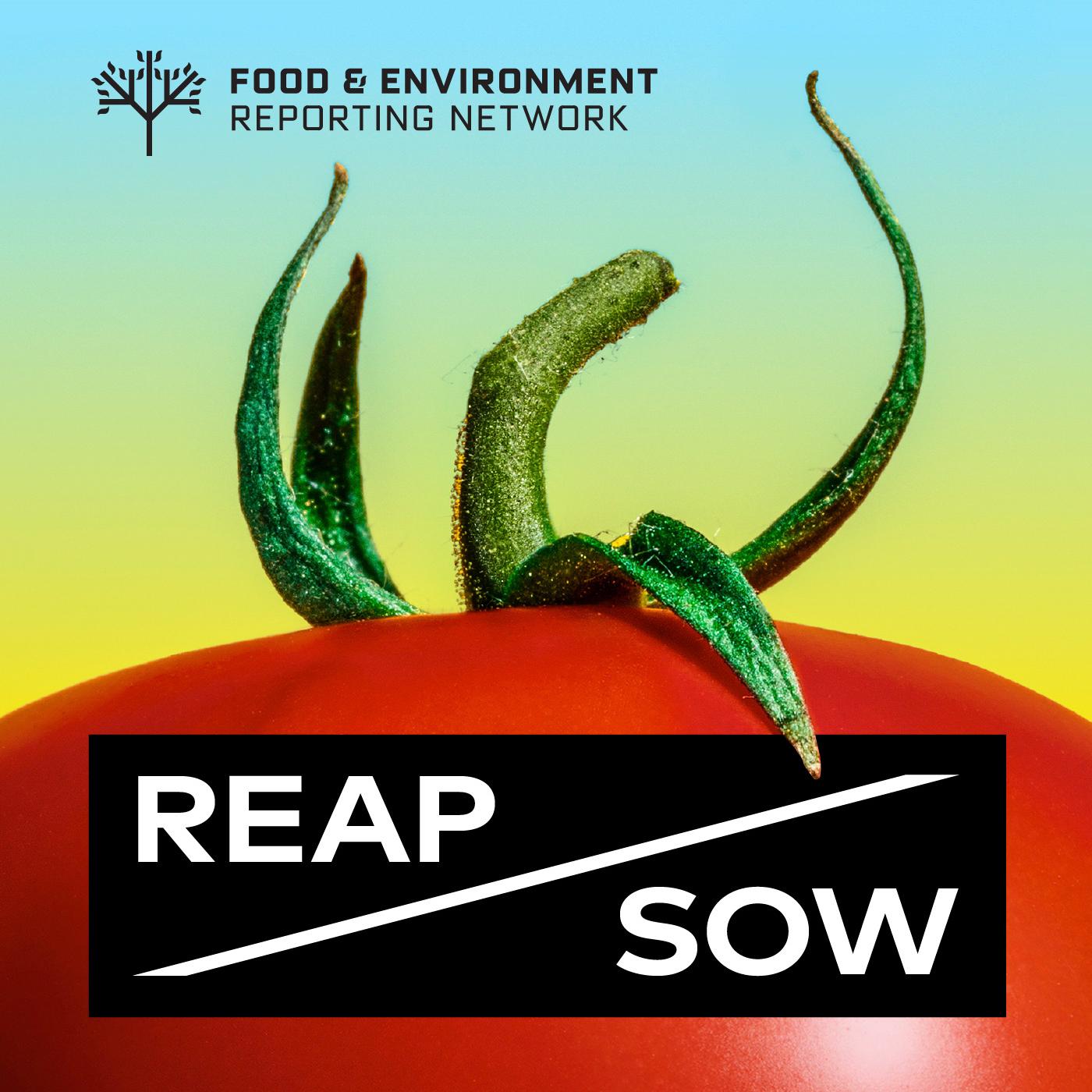
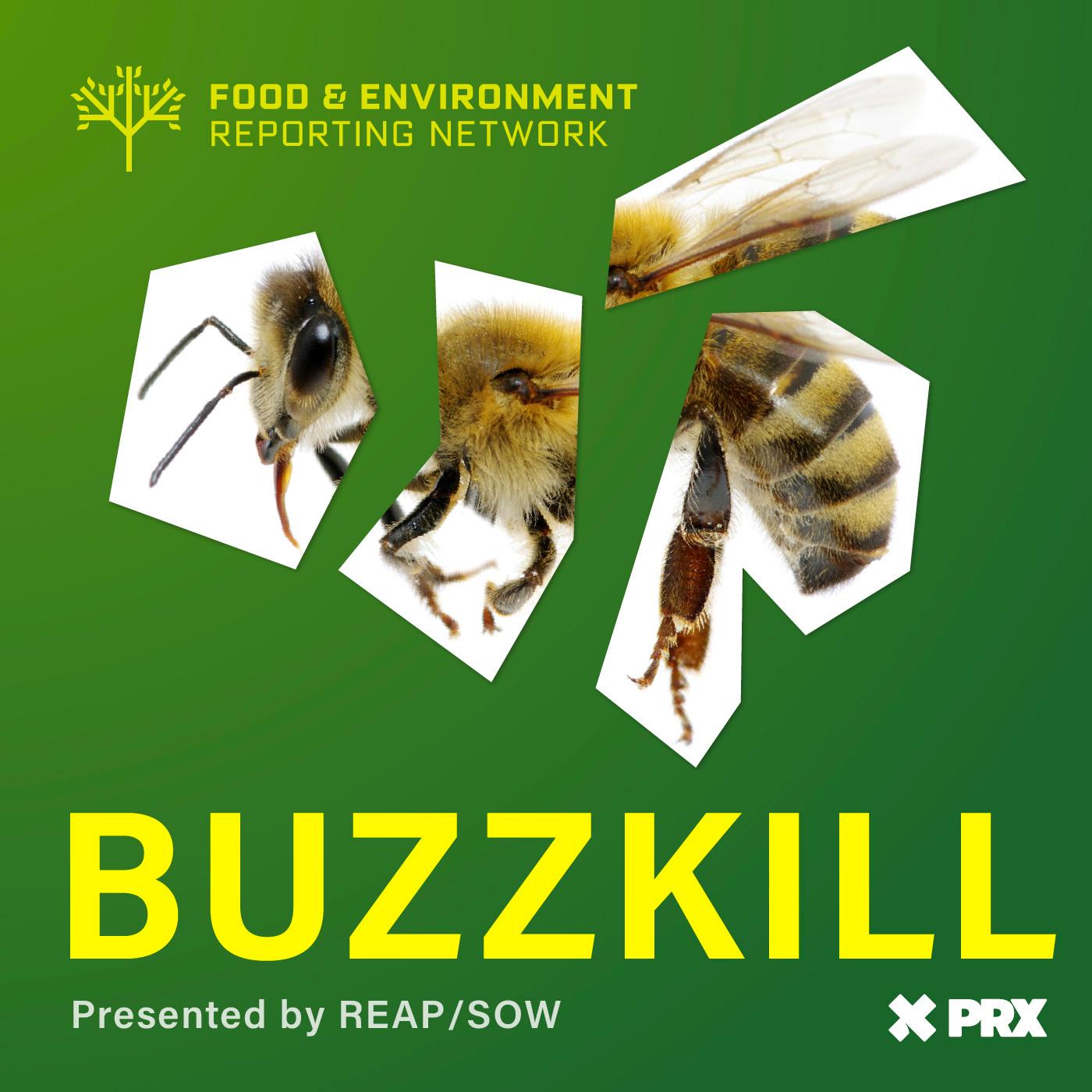
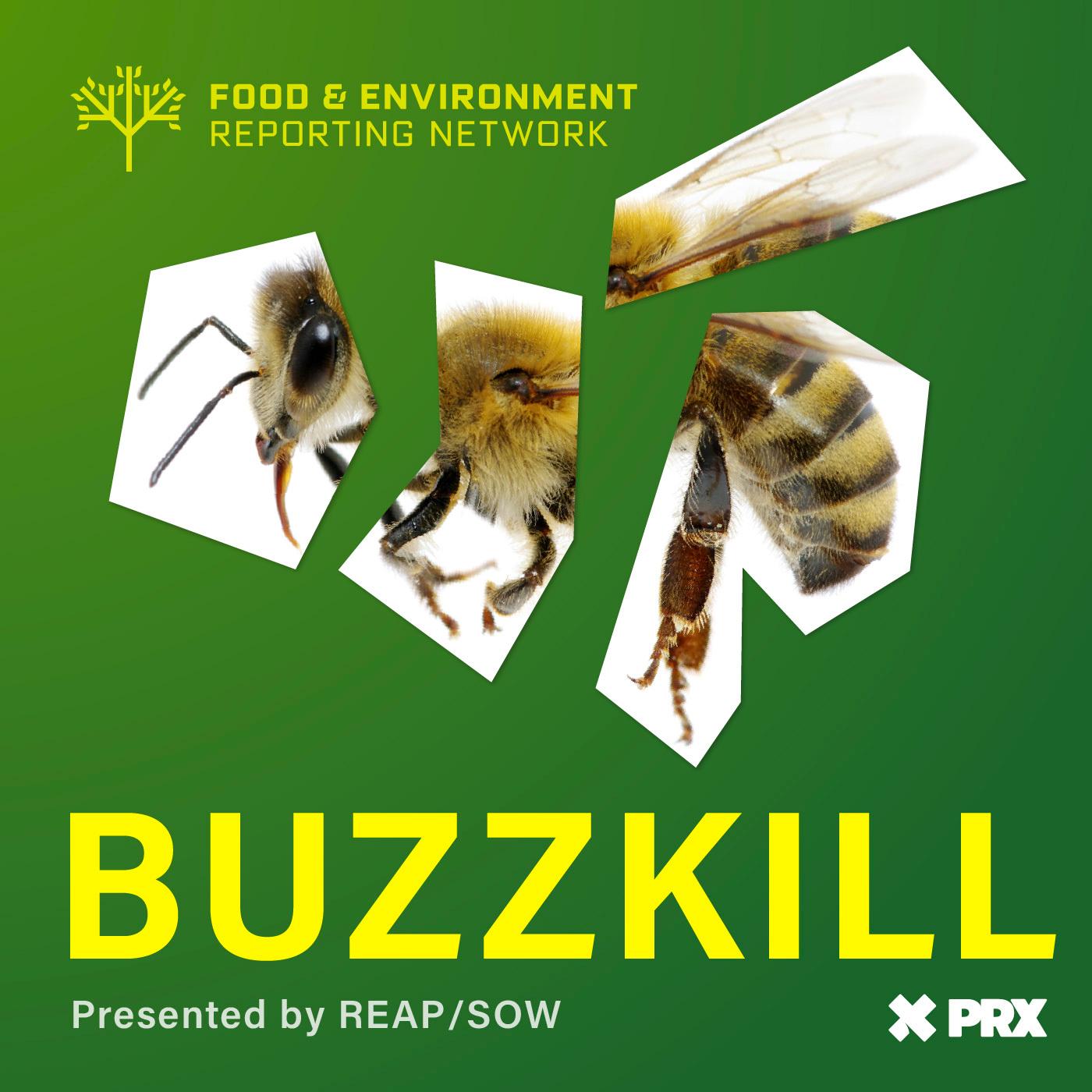
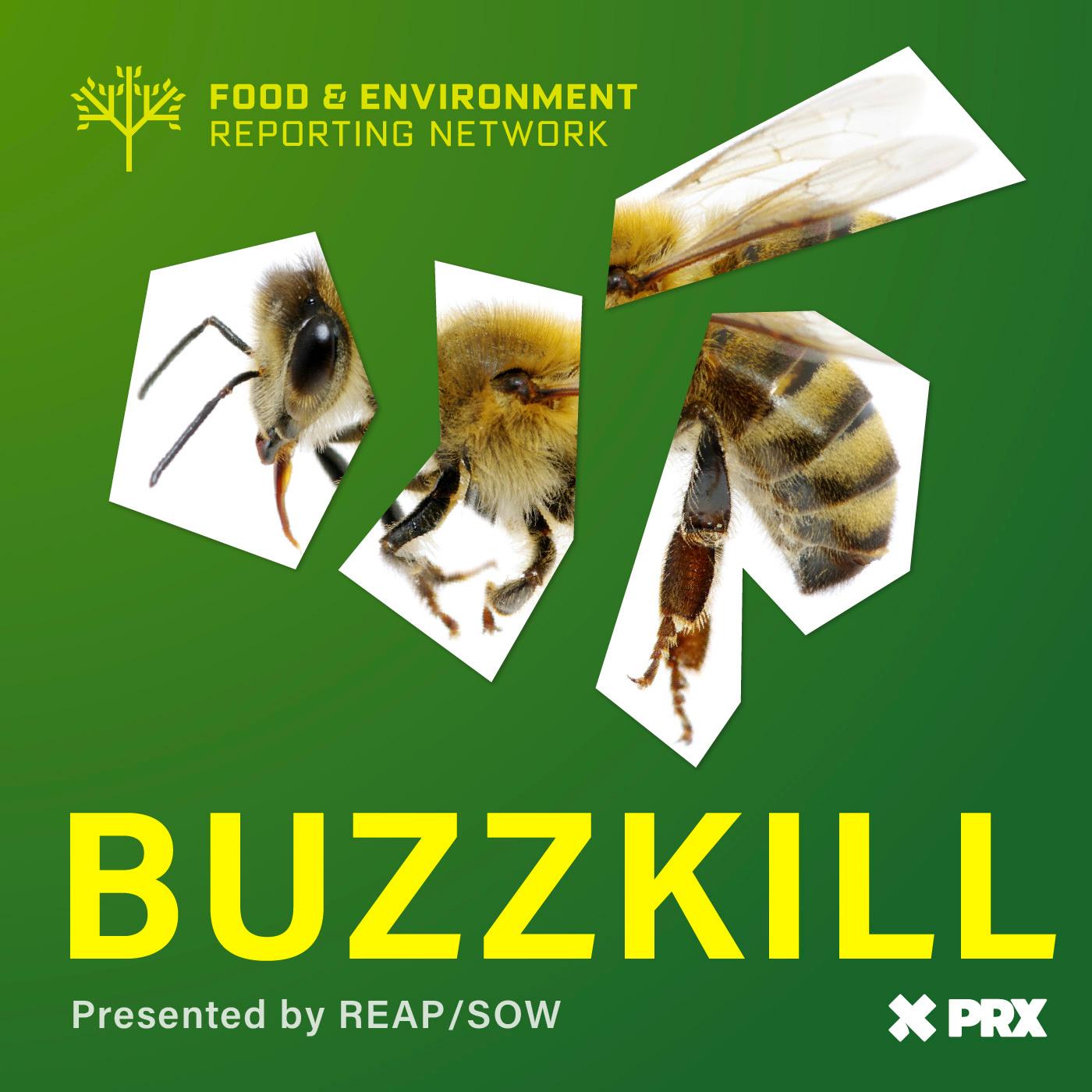
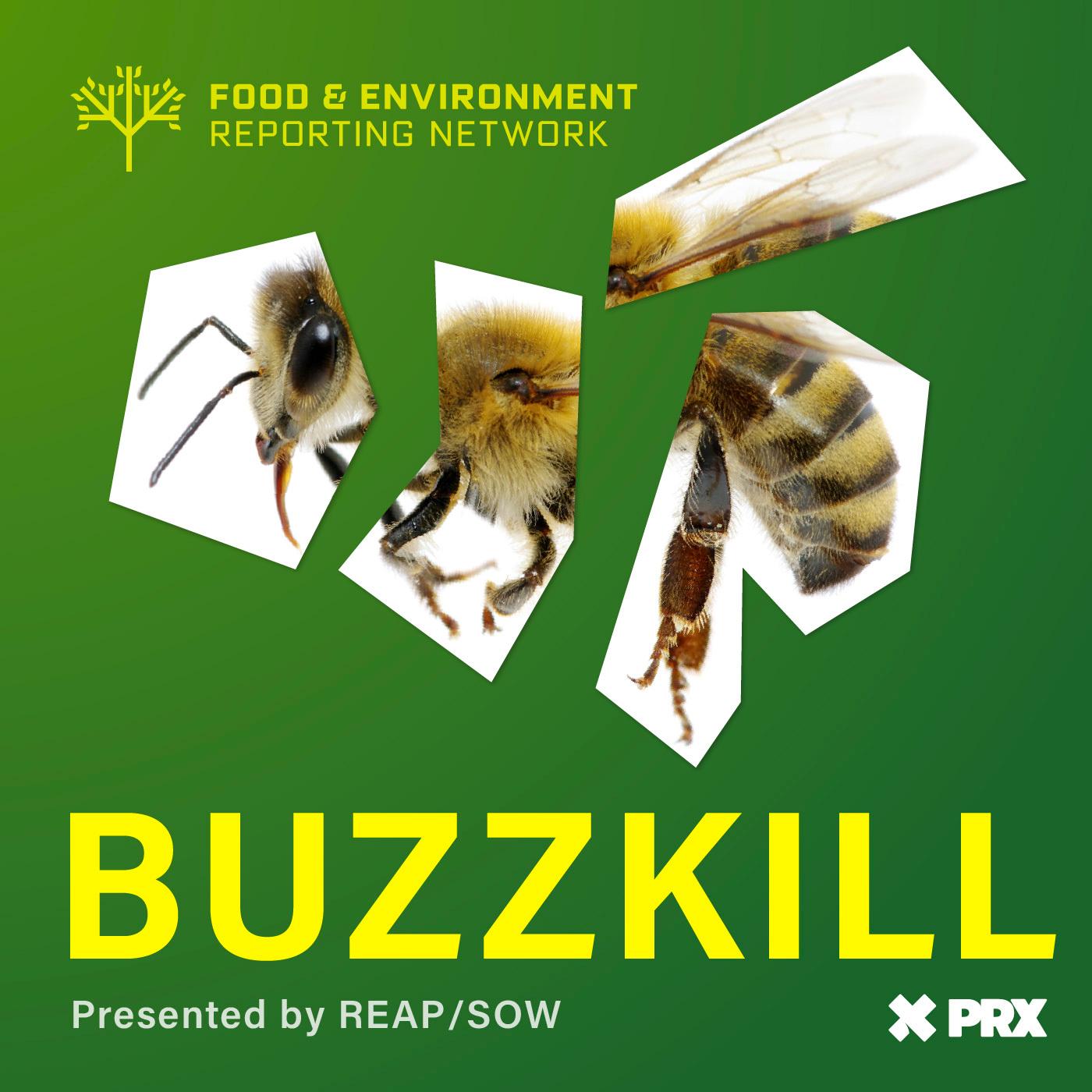
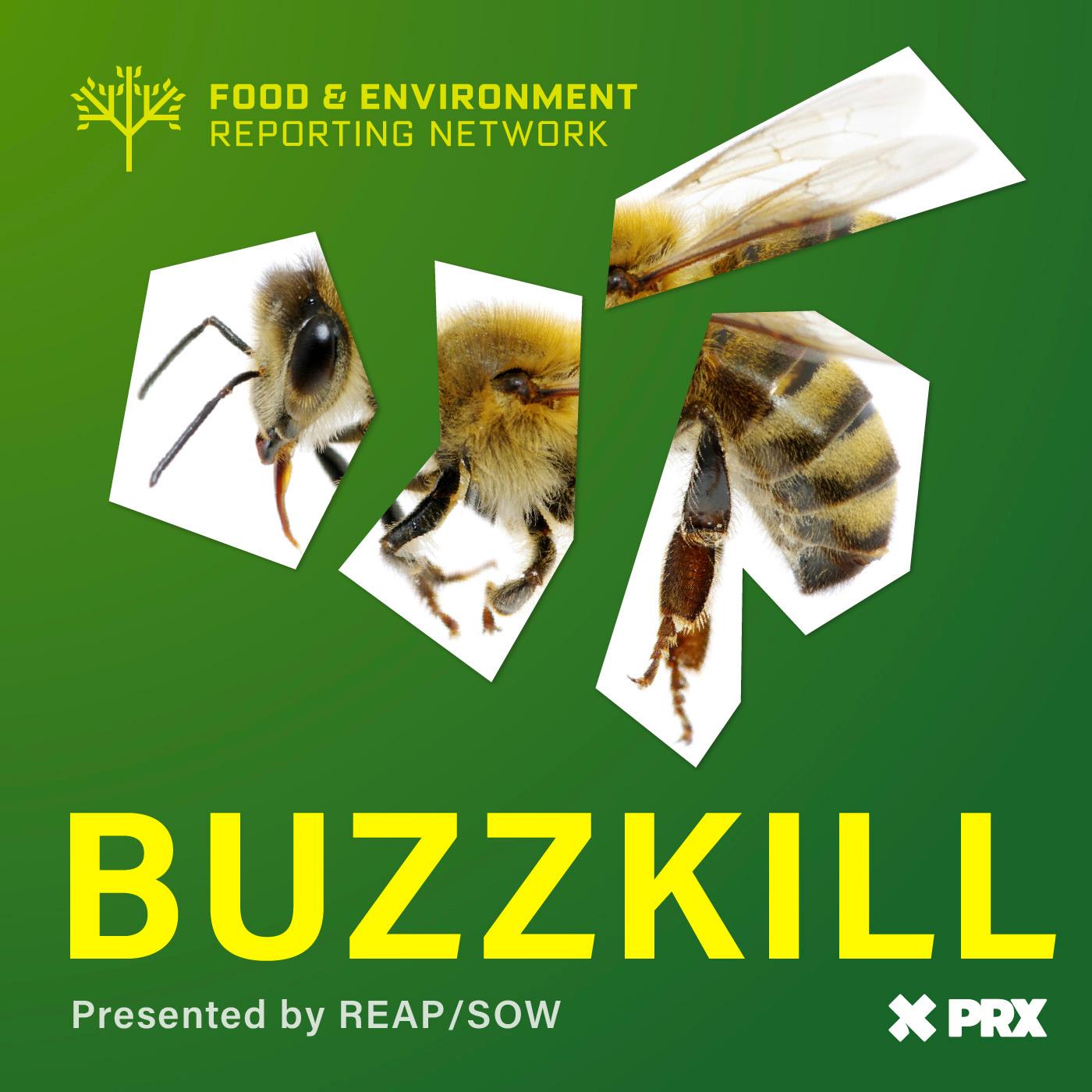
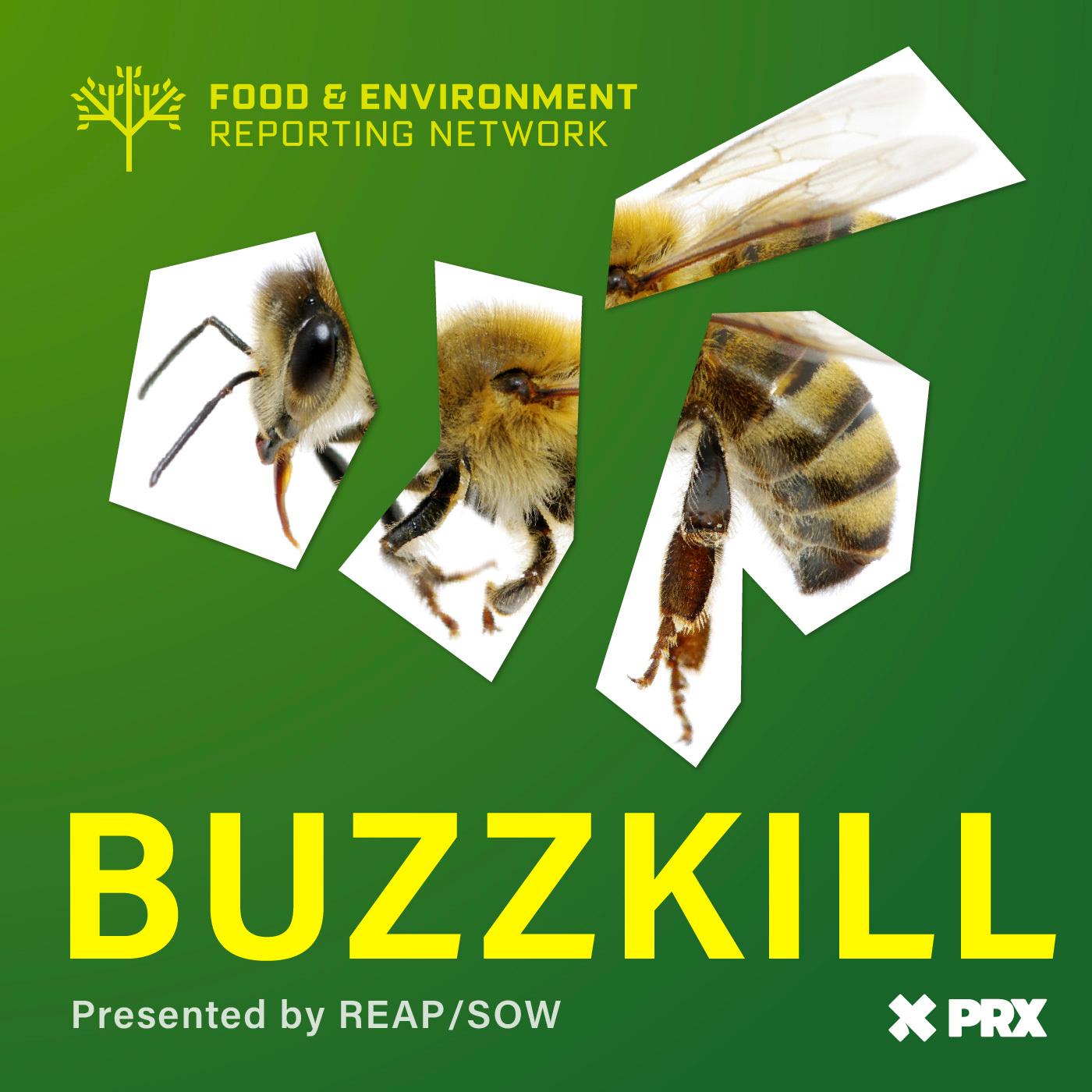
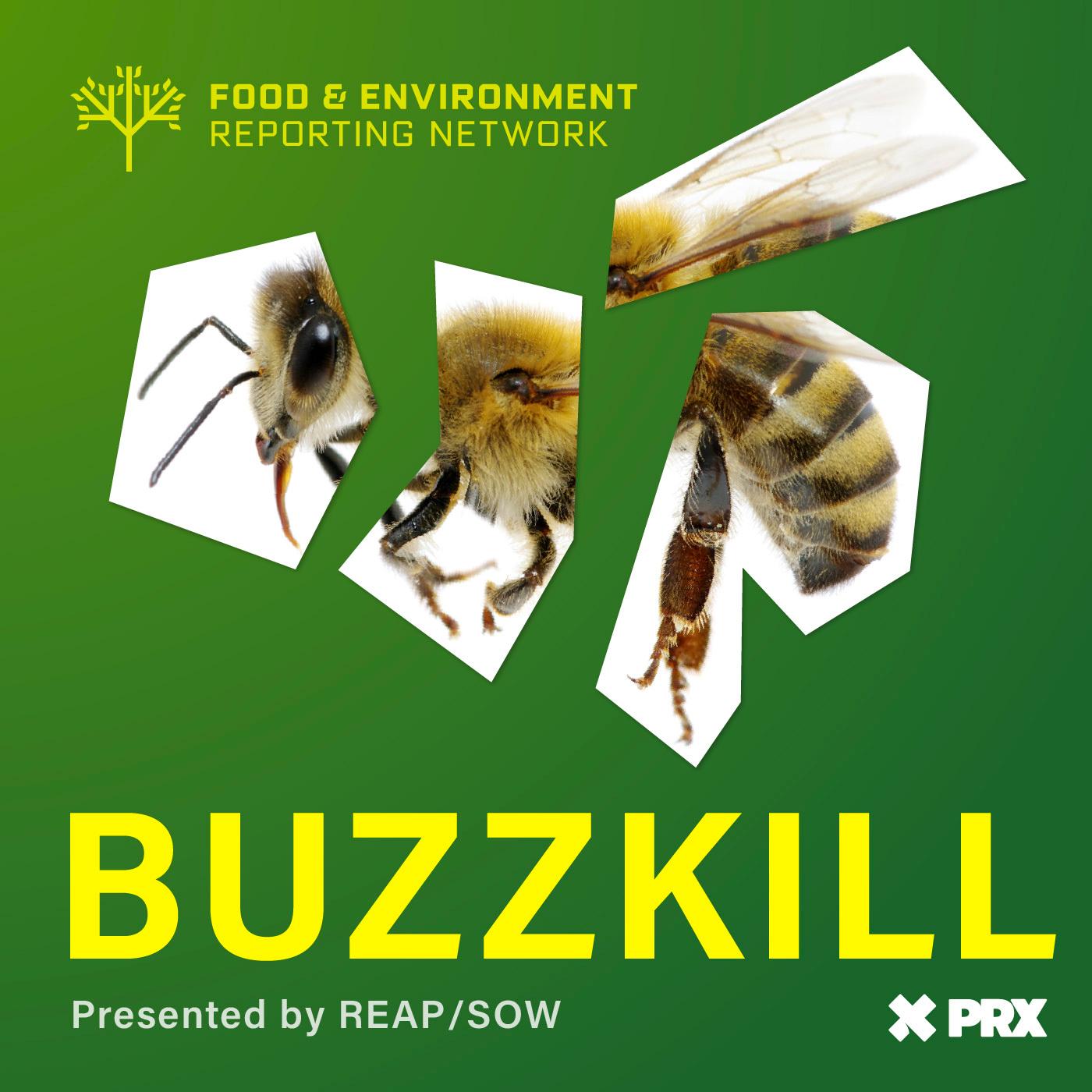
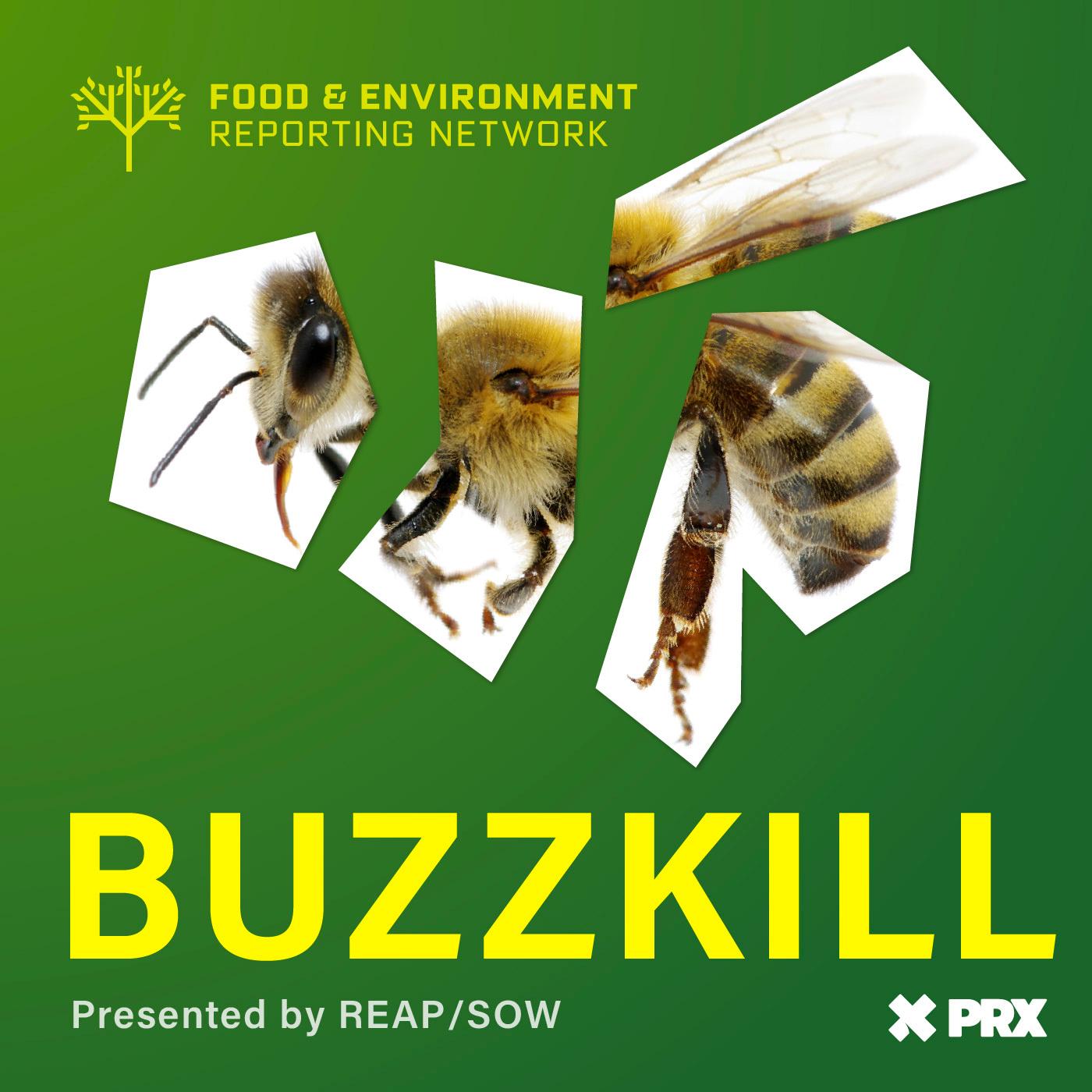
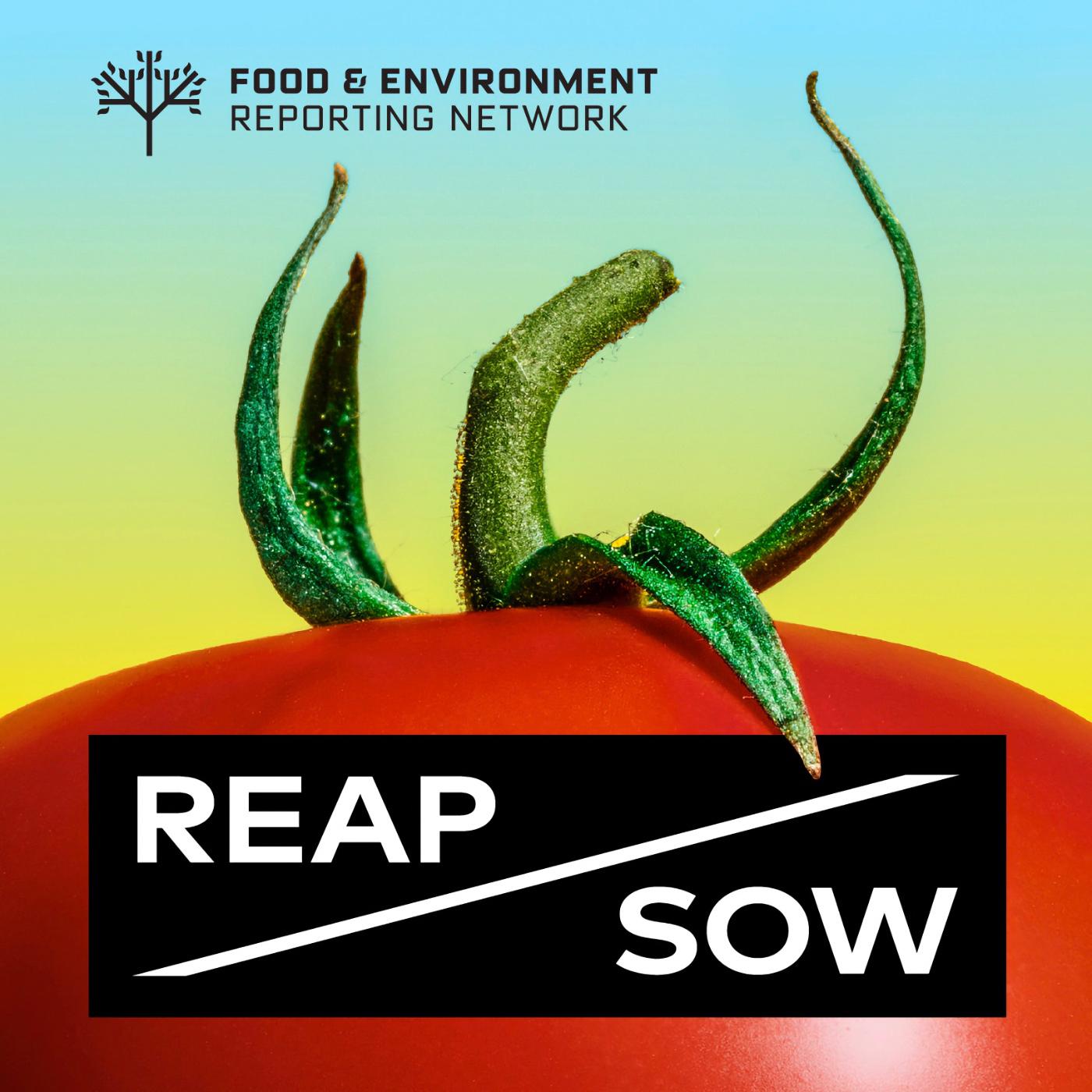
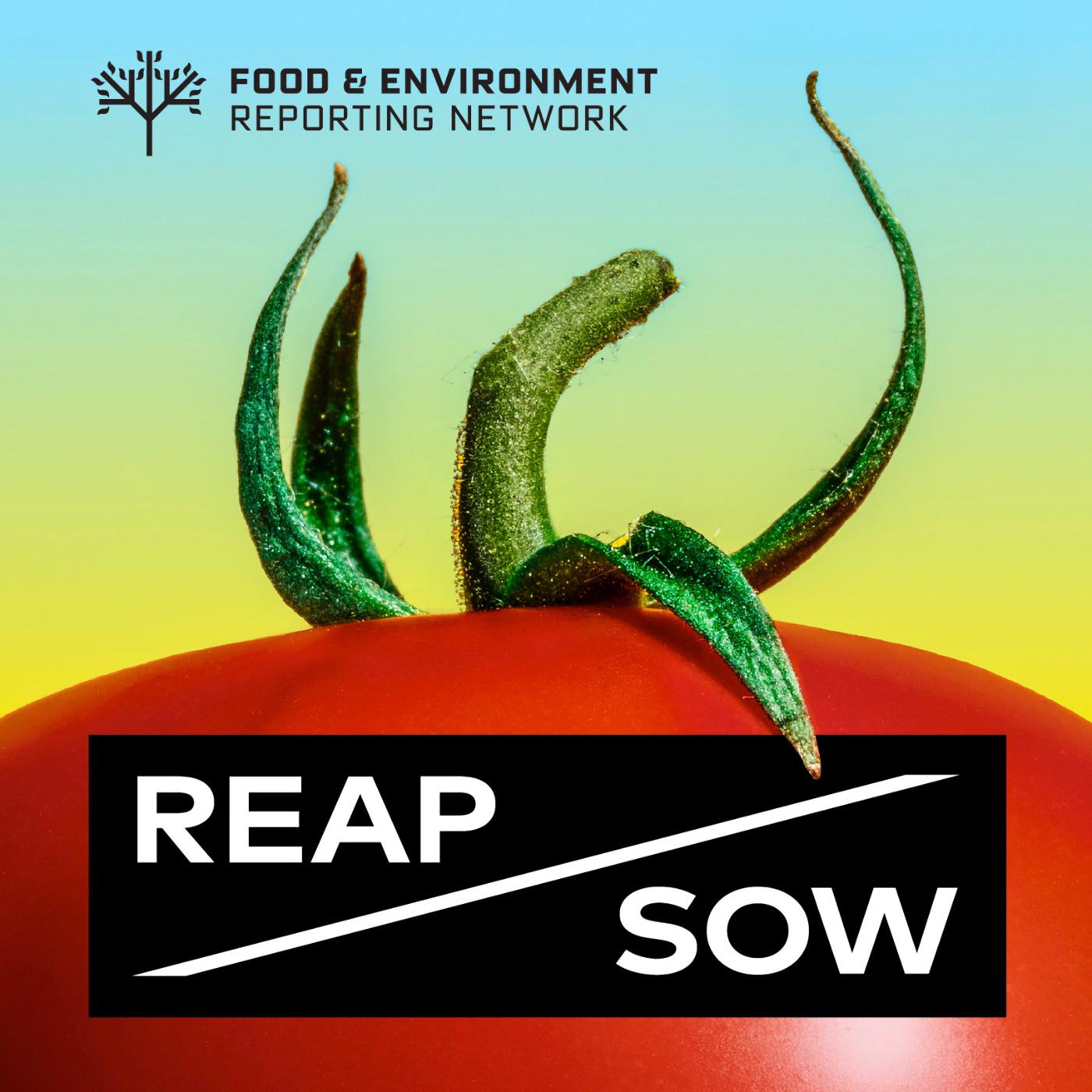
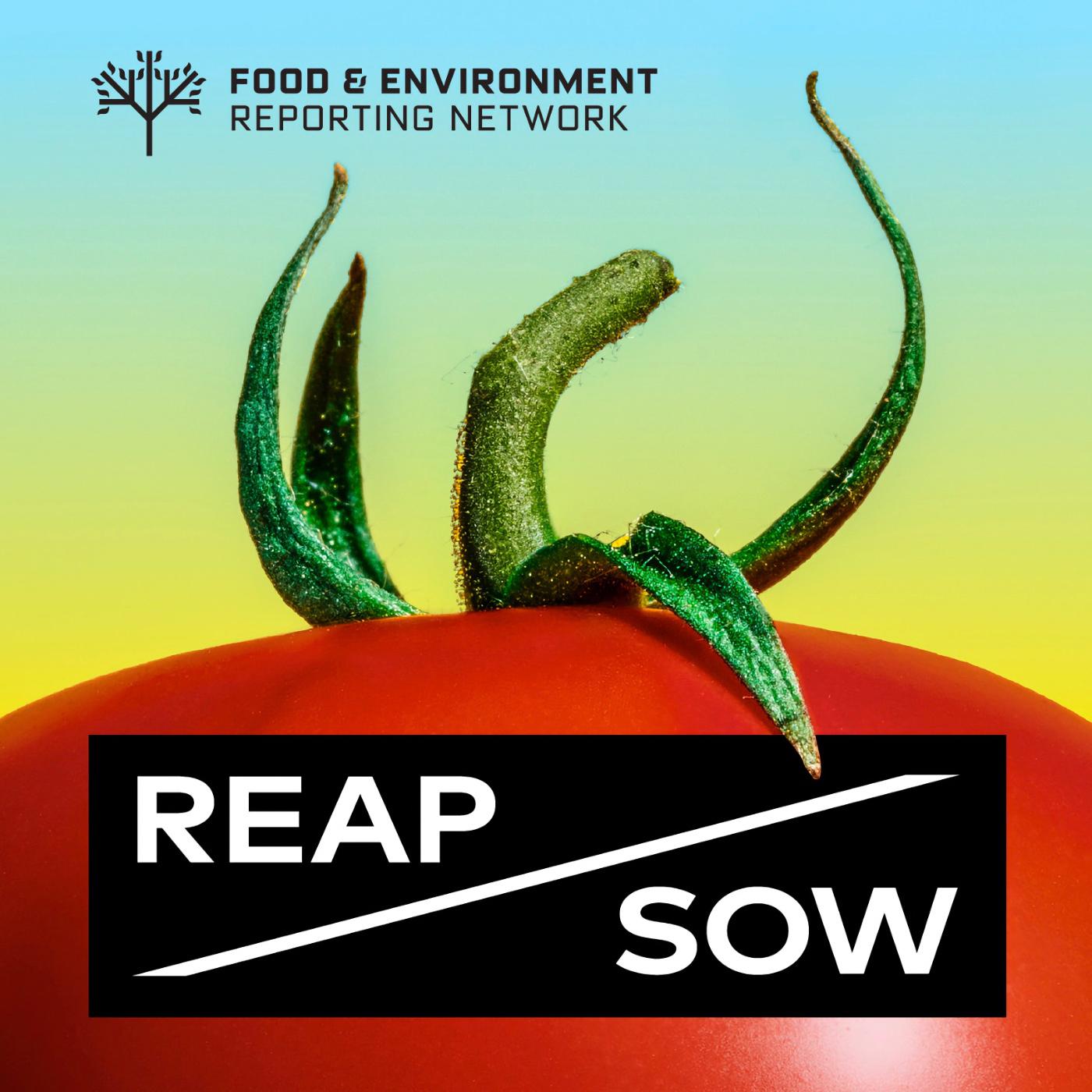
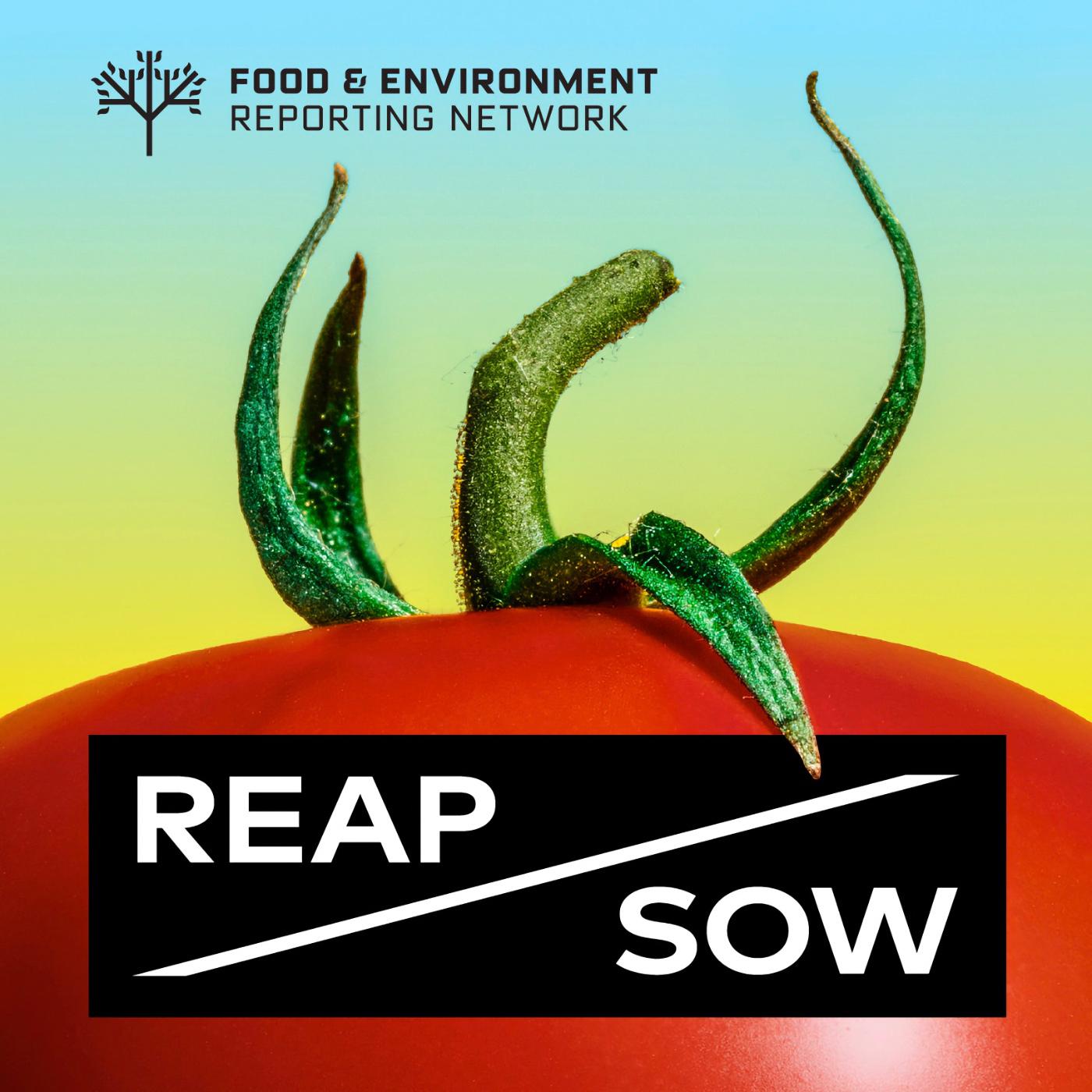
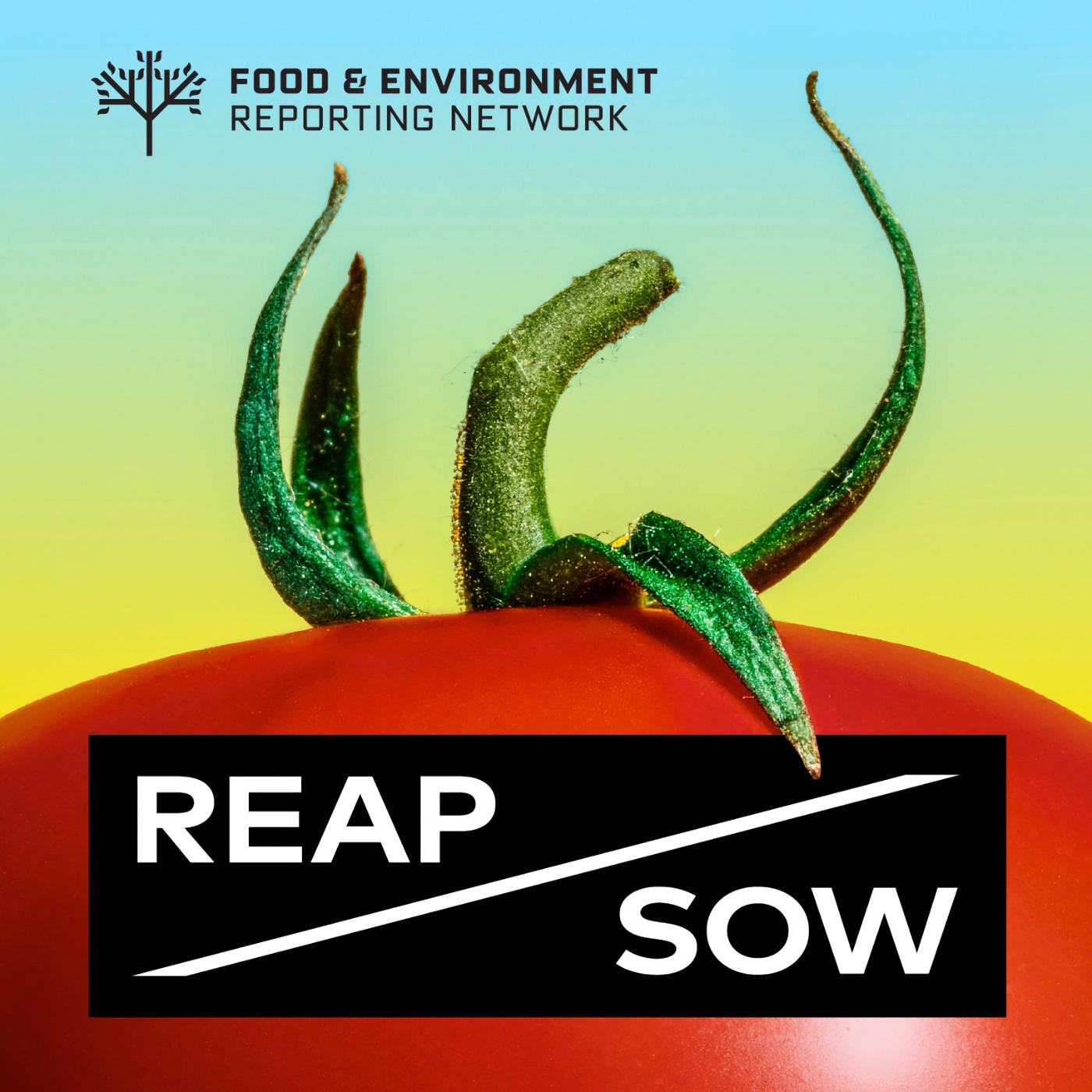
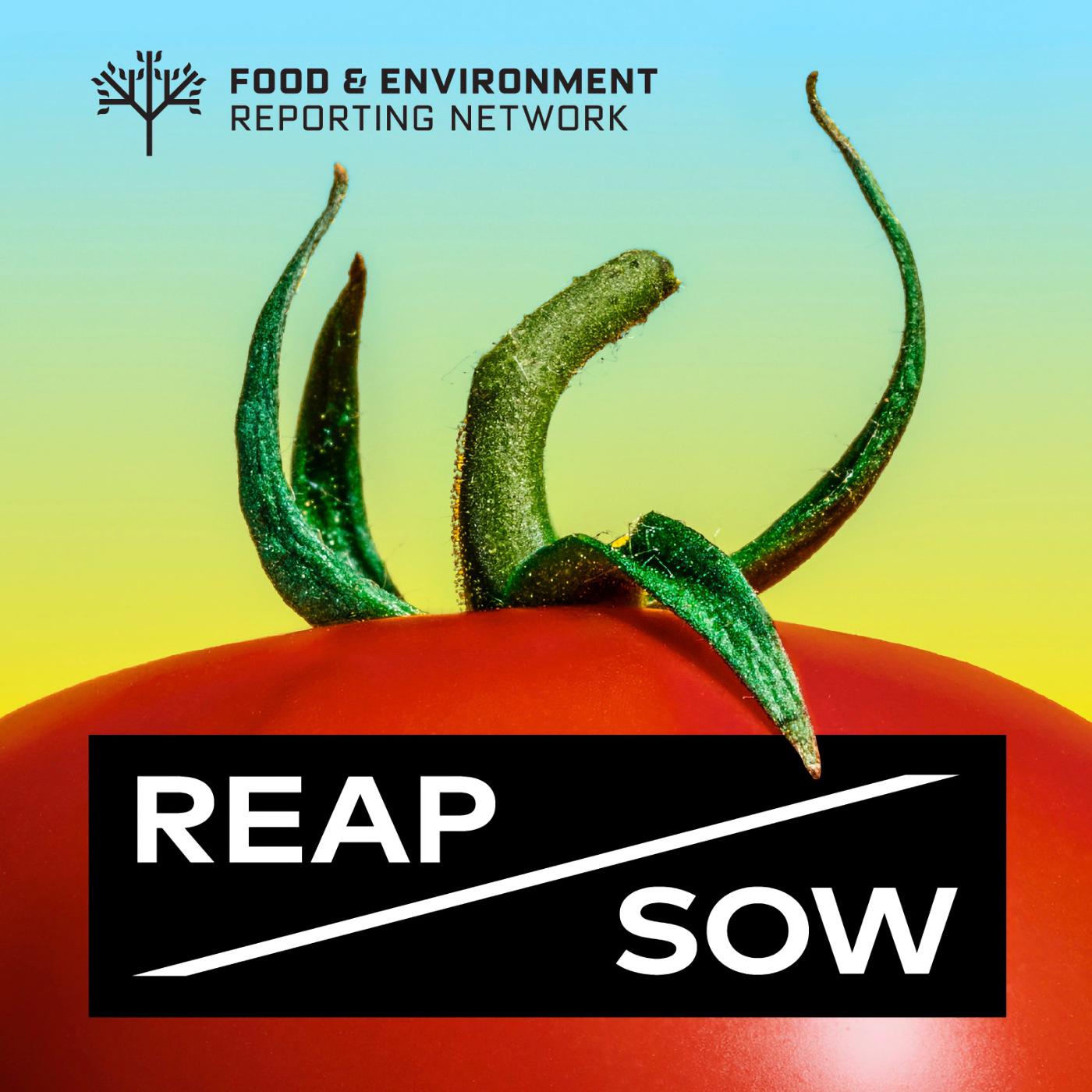
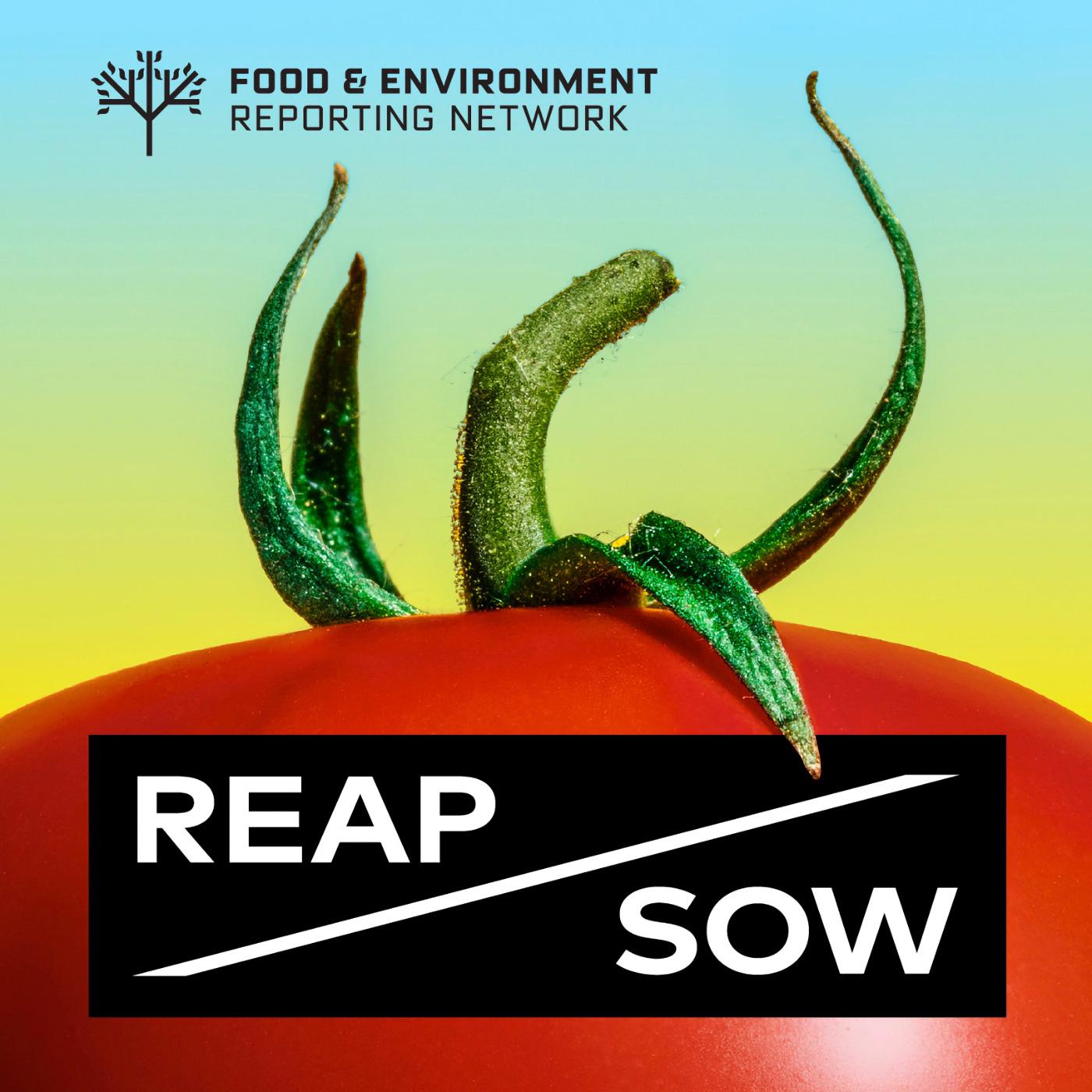
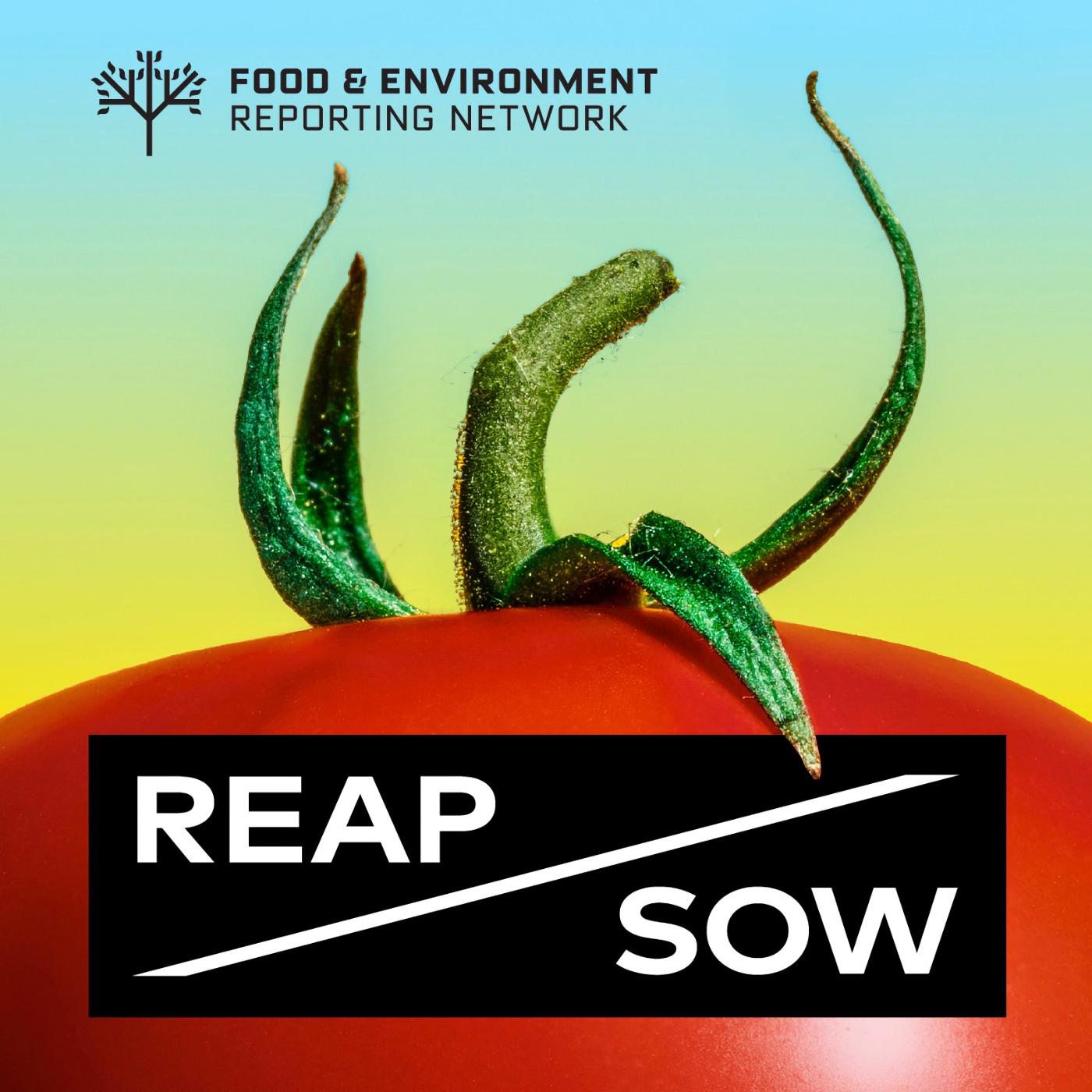
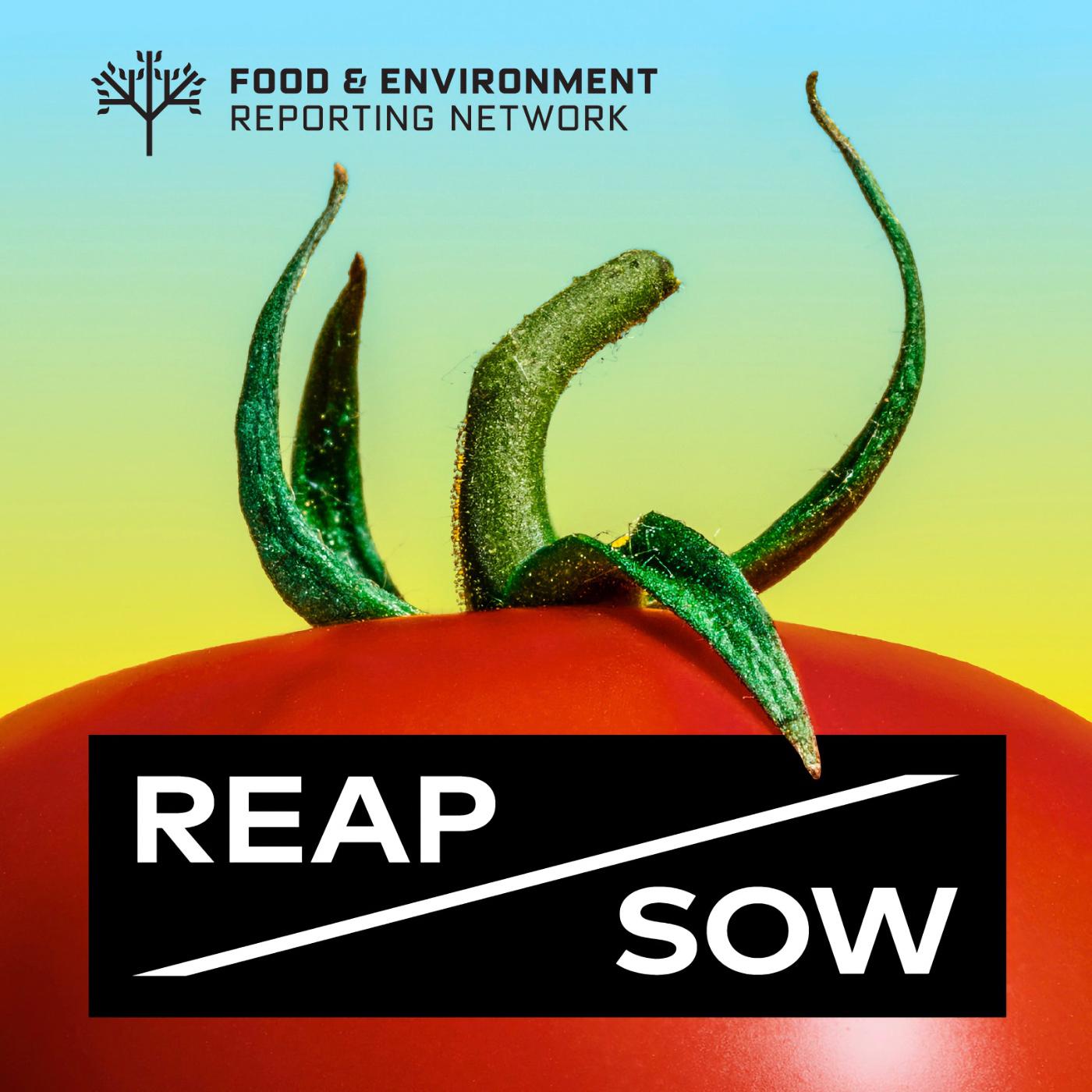
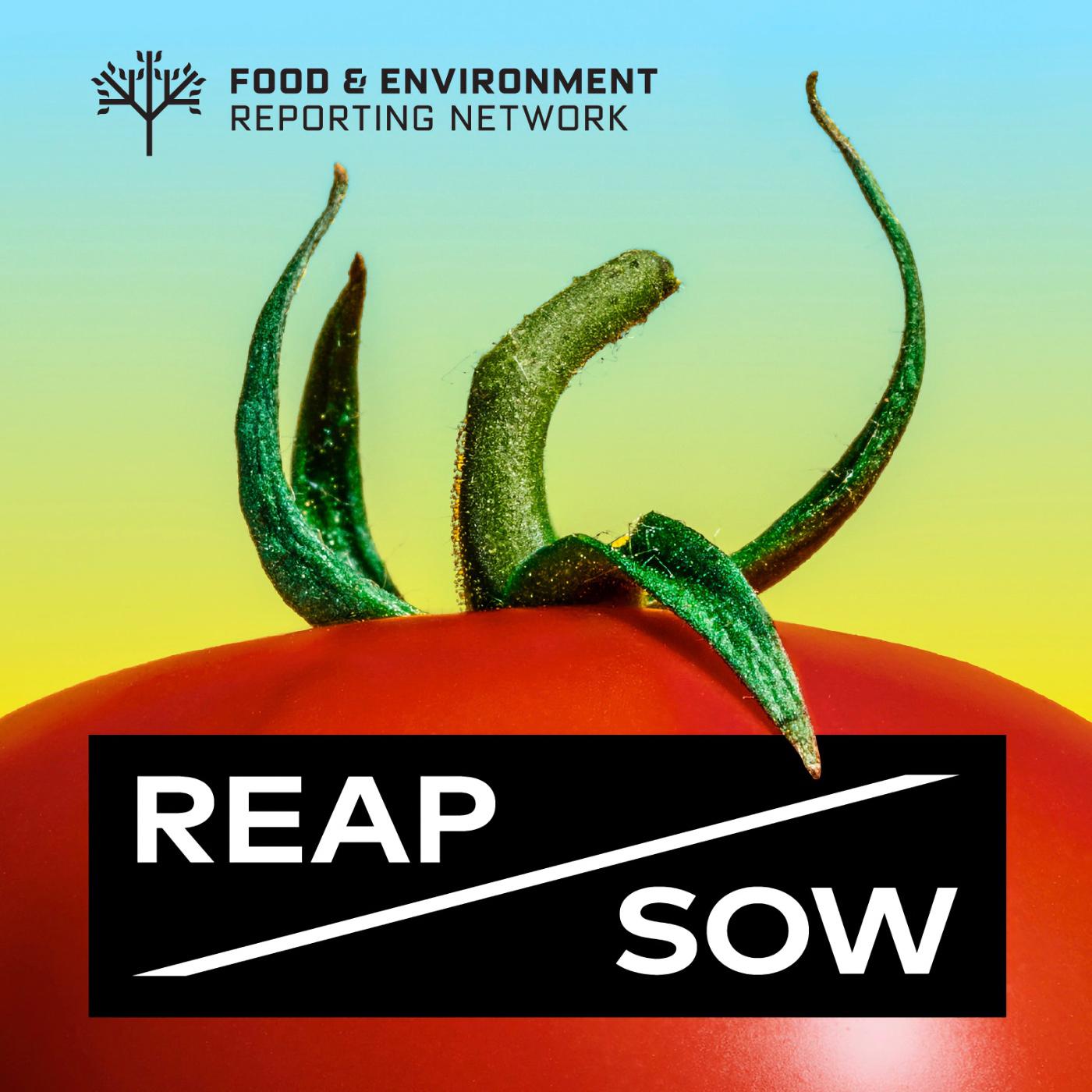
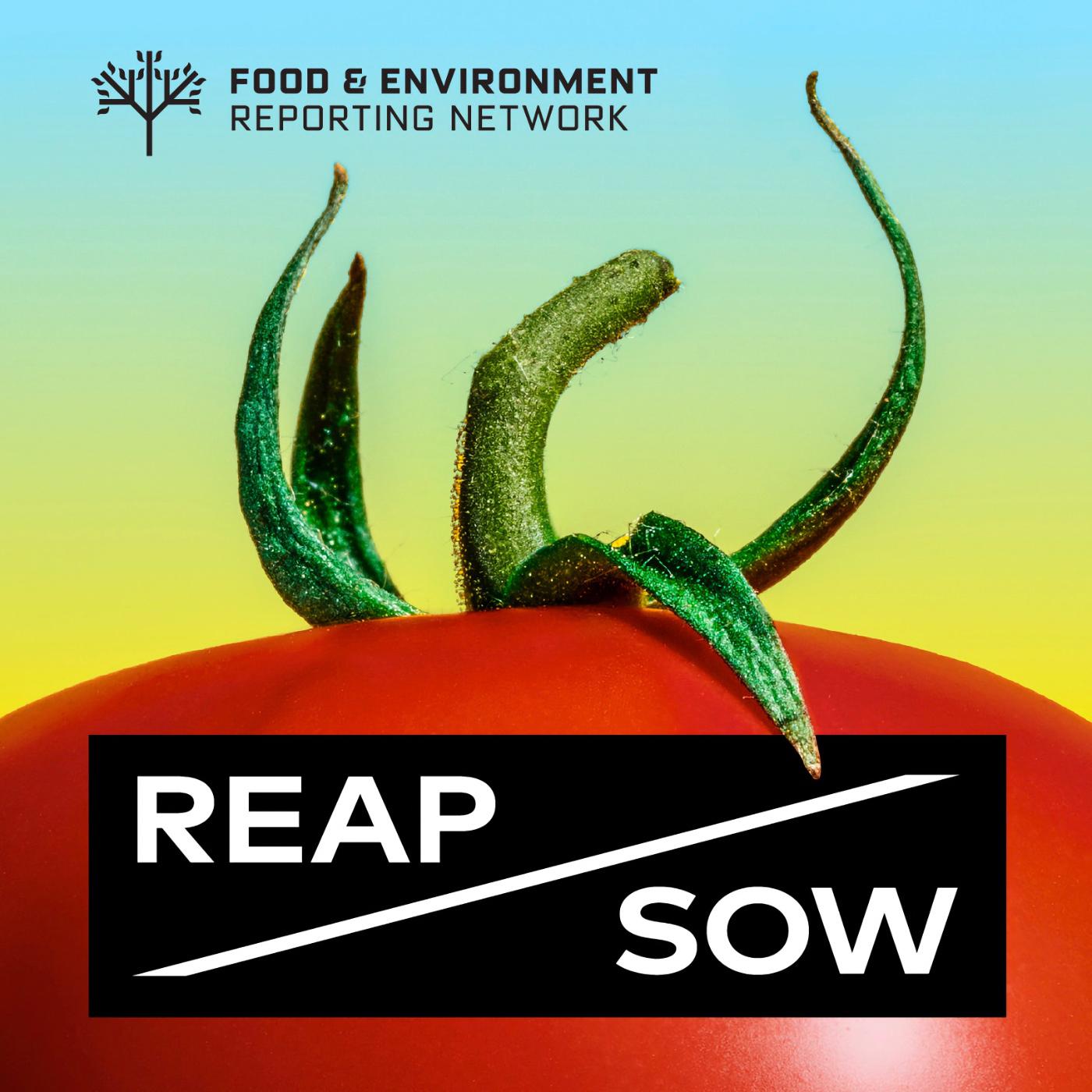
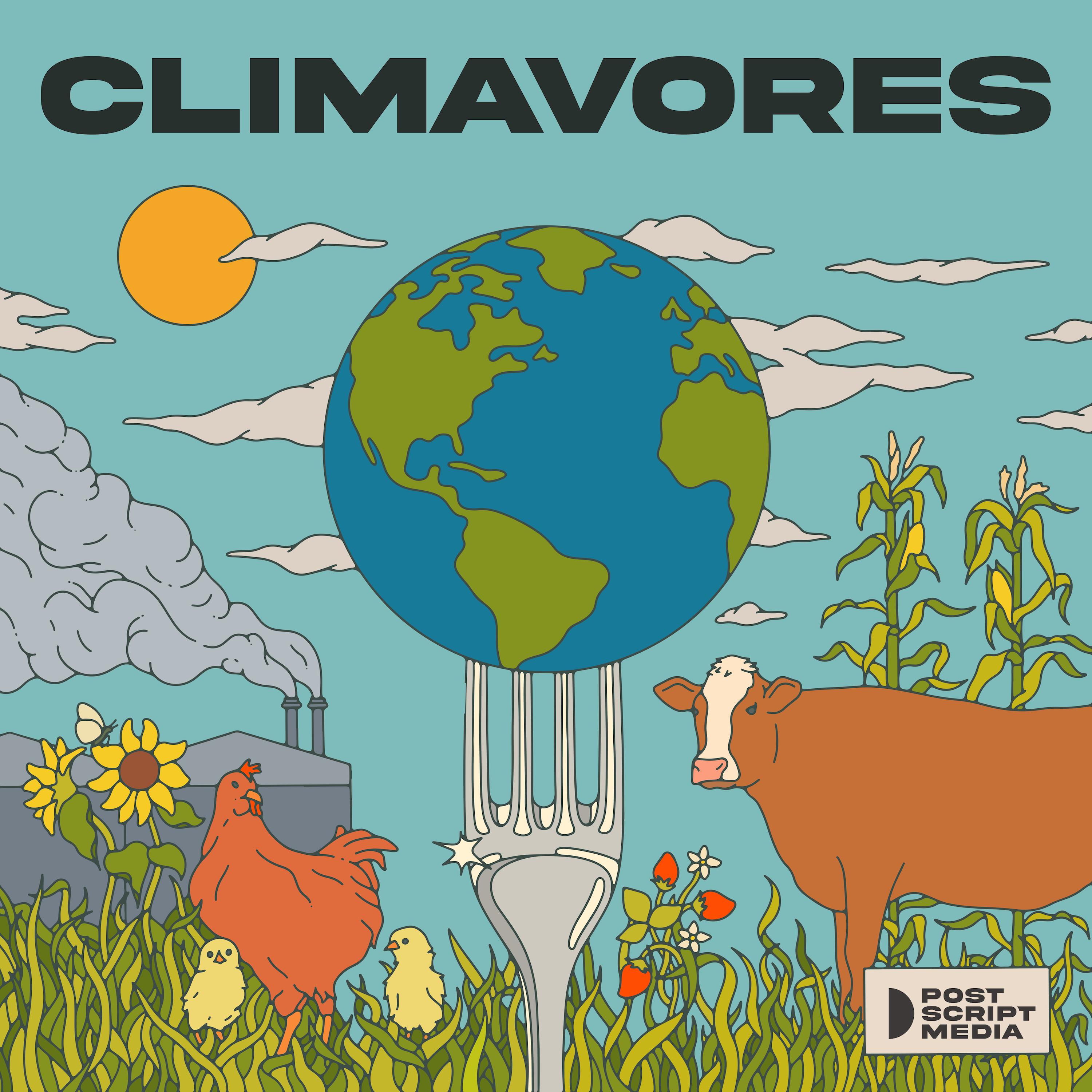
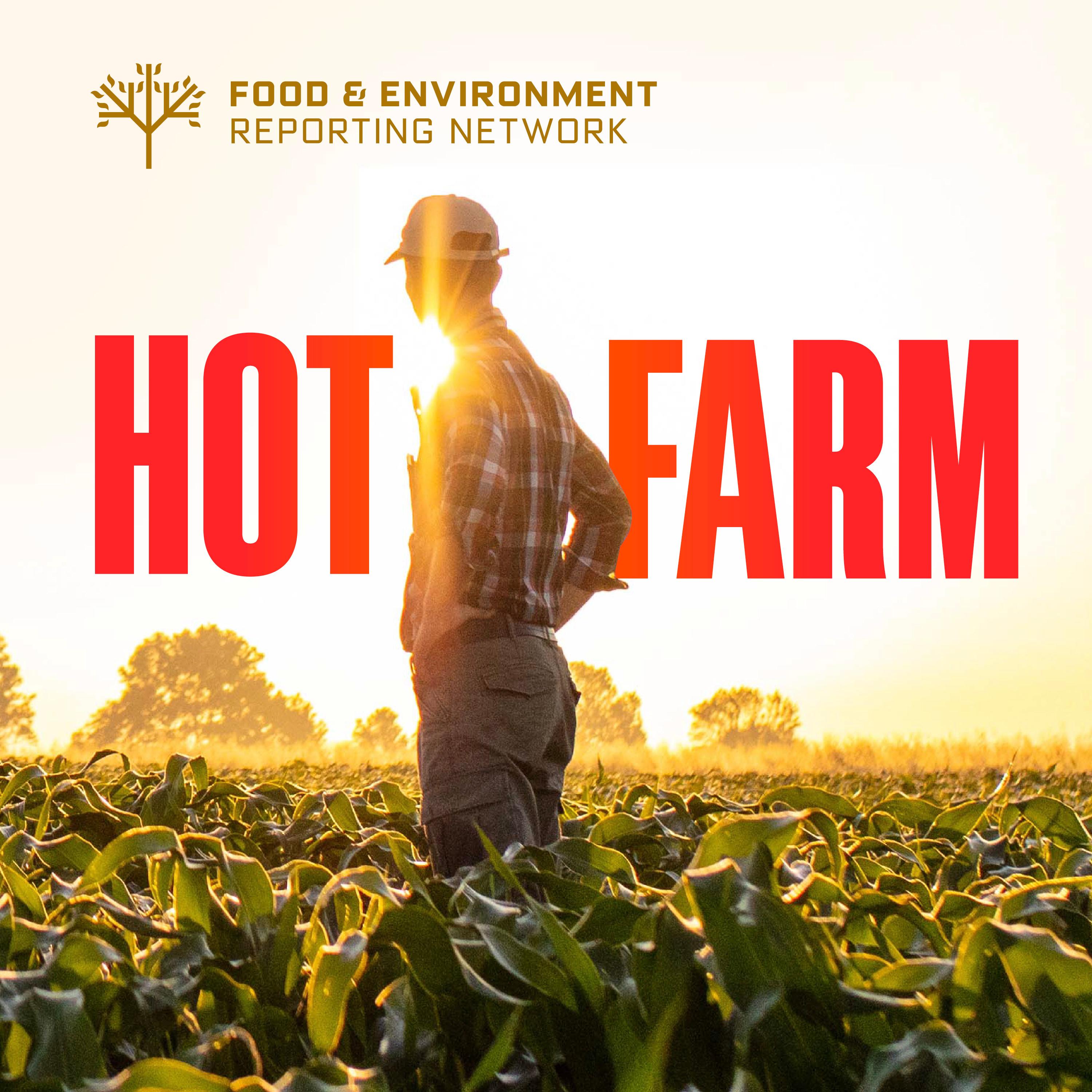
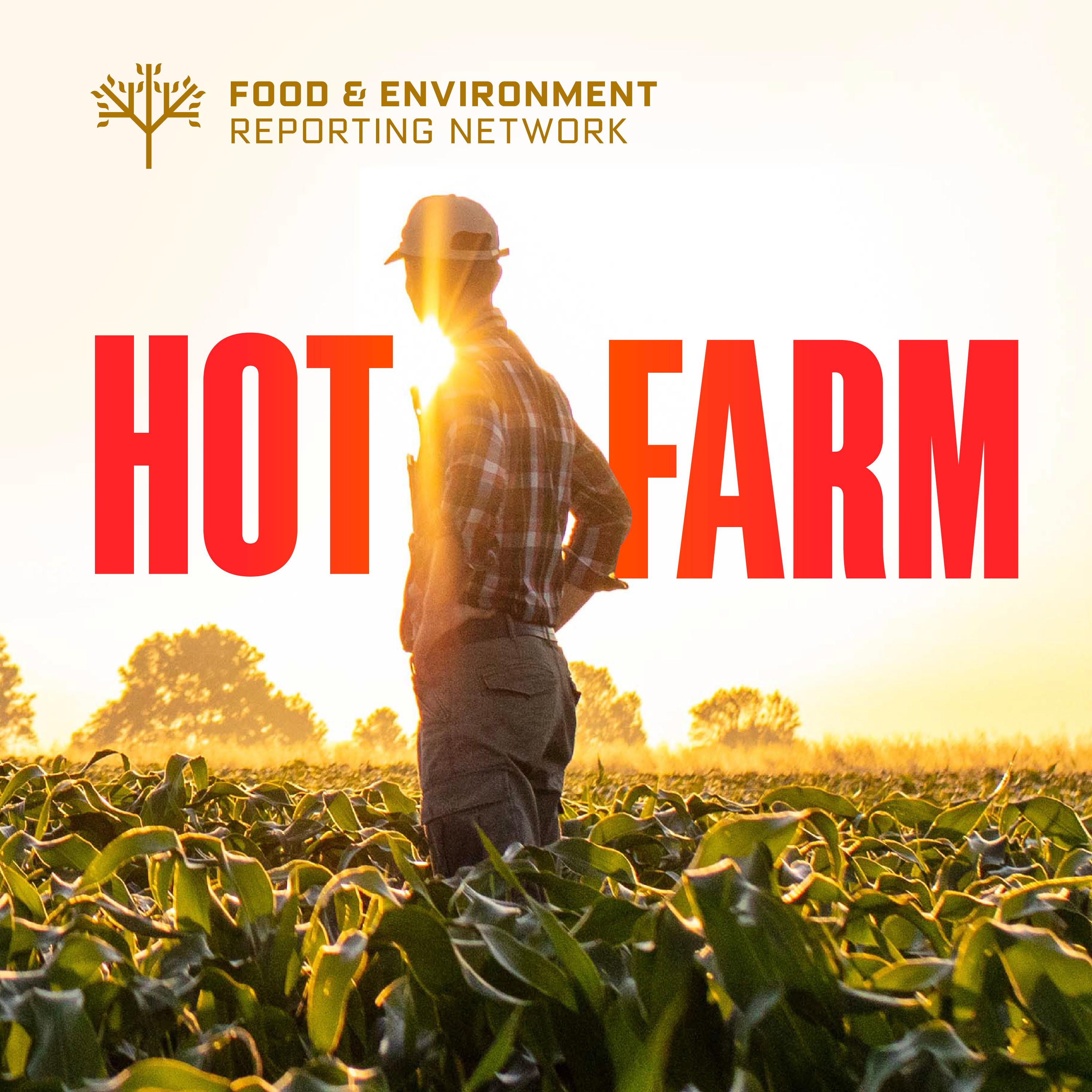
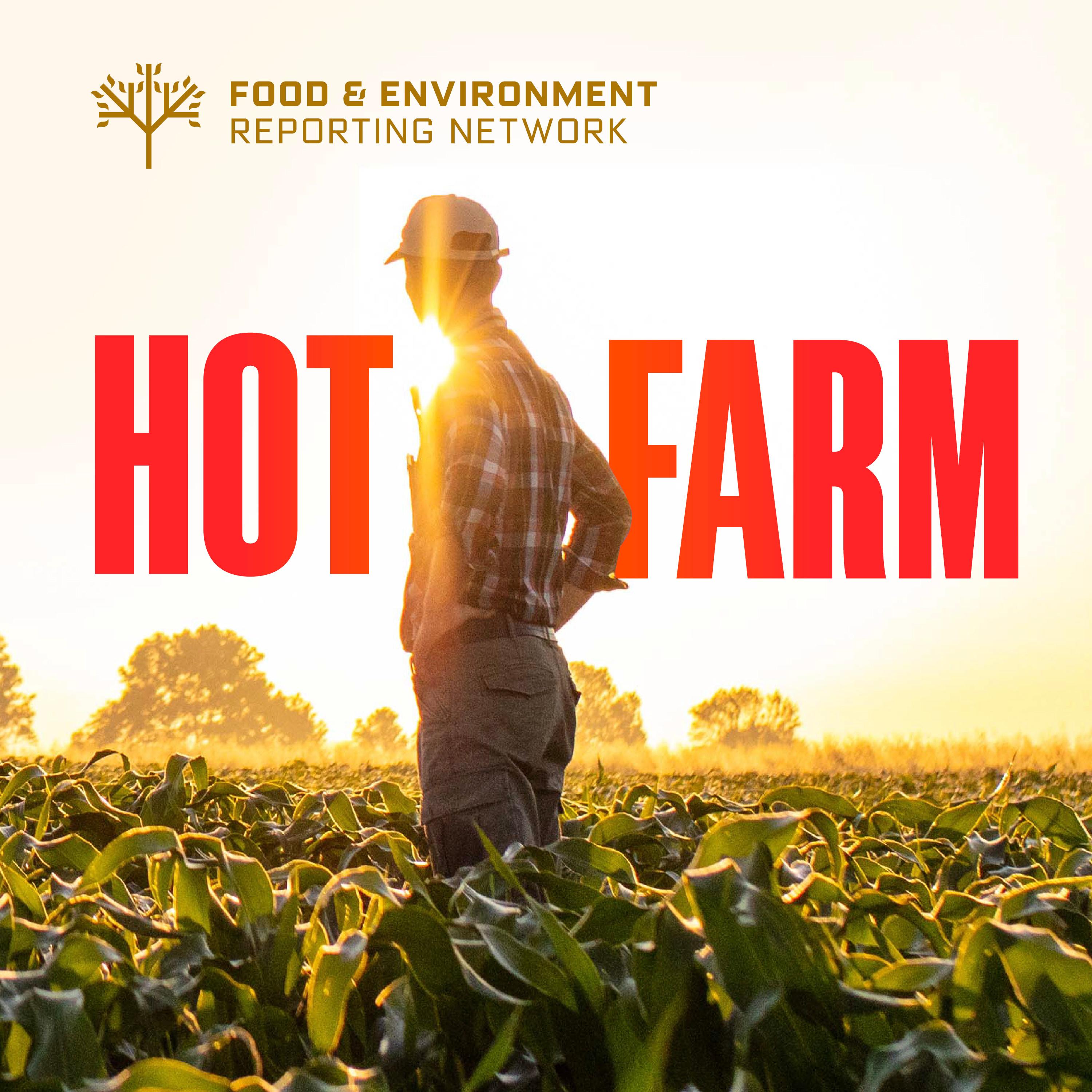
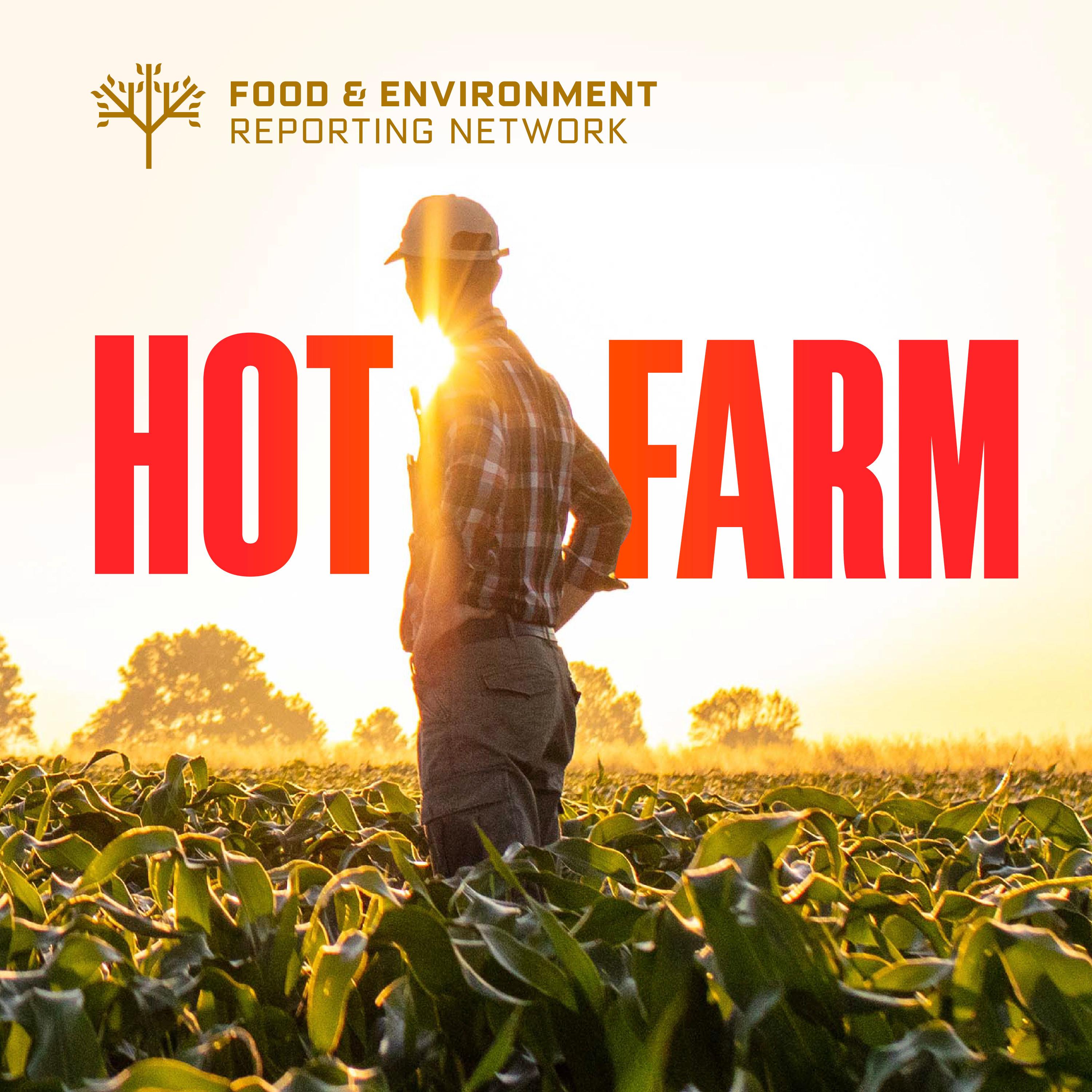
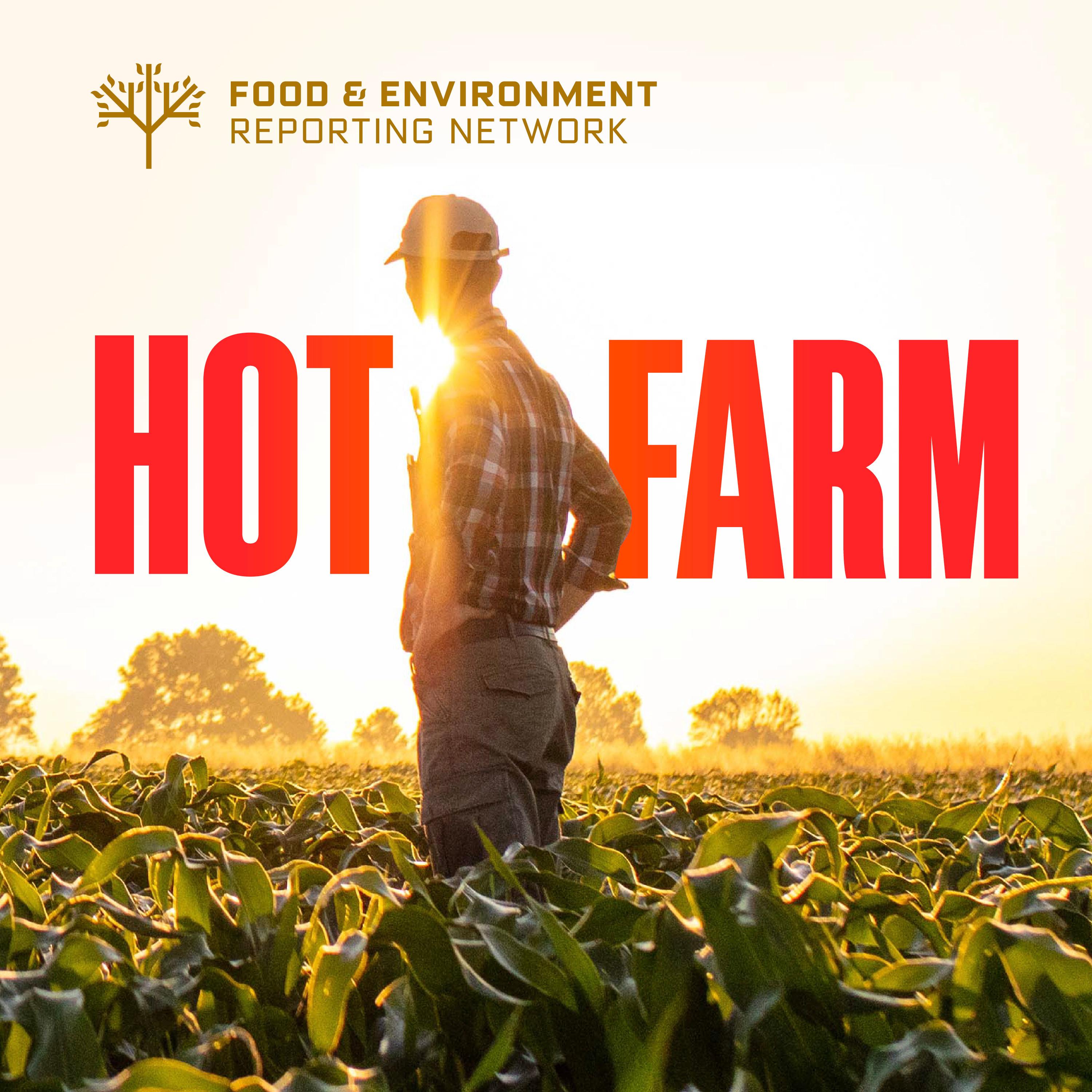
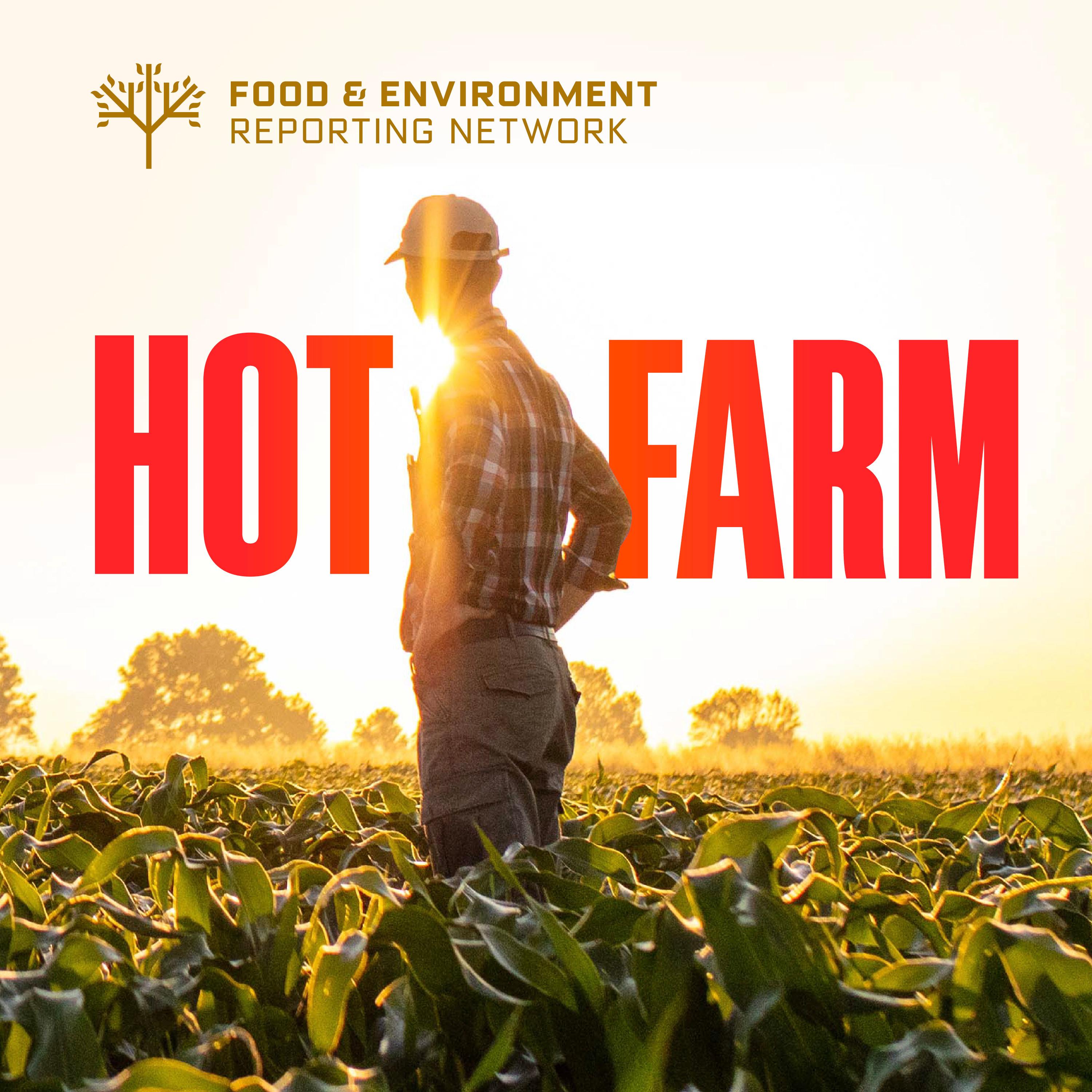
The forever chemicals on the farm from What You’re Eating

This episode, courtesy of the podcast “What you’re eating,” heads to Maine to investigate PFAS, a category of chemicals known as “forever chemicals” because they don’t break down over time. Found in everything from pizza boxes to rain jackets, PFAS is now being discovered in our farms, our food, and in our bodies. Originally released in September 2023, we hear from family farmers Fred and Laura Stone about how these chemicals got into their ground – and what we have to do to get them out.